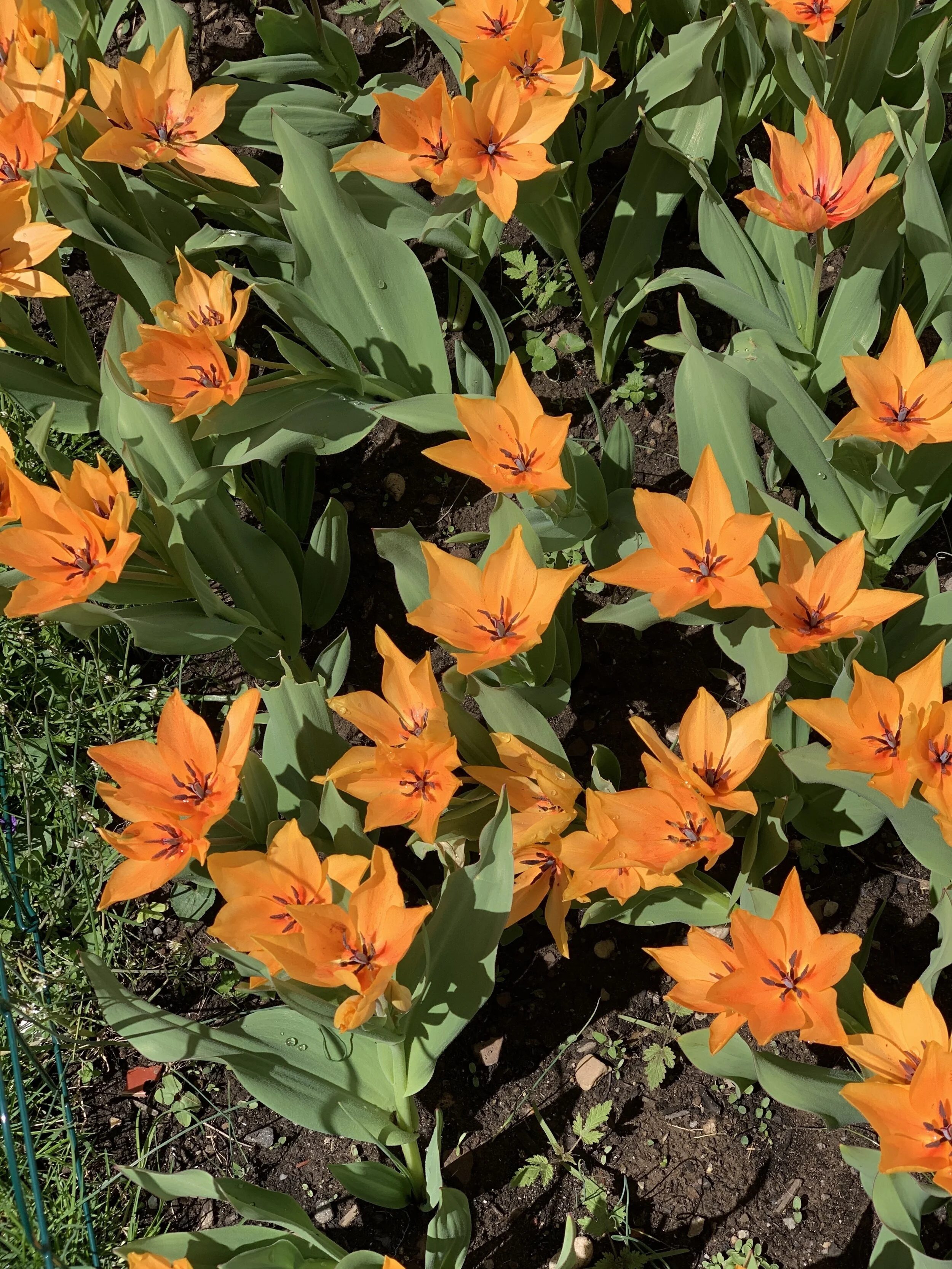literature, community, education, social justice
POETRY
“Thank god for the poets. Their words remind us that suffering is not our only birthright. Life is also our birthright—life and love and beauty.”
- Margaret Renkl (NY Times, April 5, 2021)
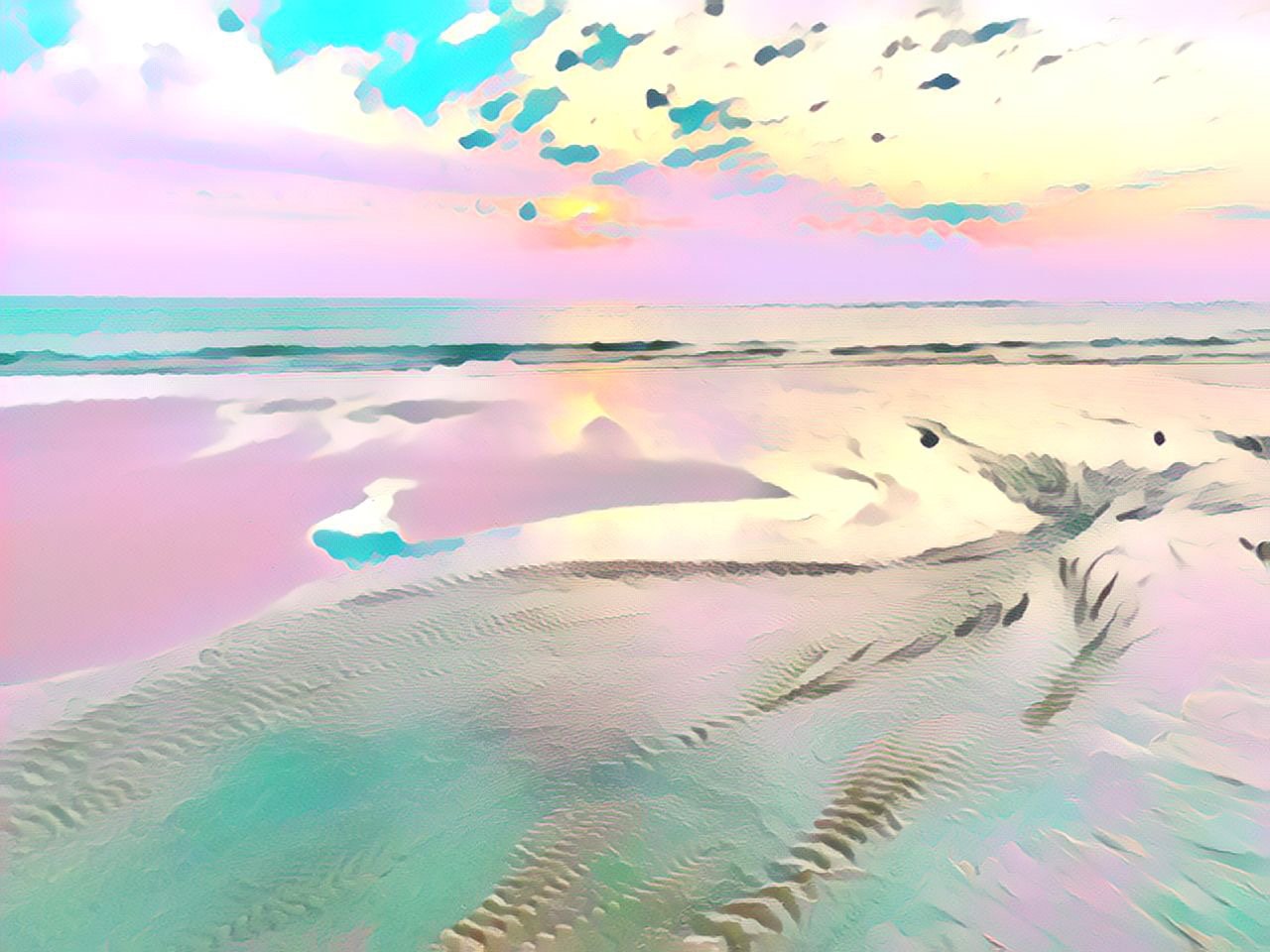
“Transforming silence into language and action” — Audre Lorde
-
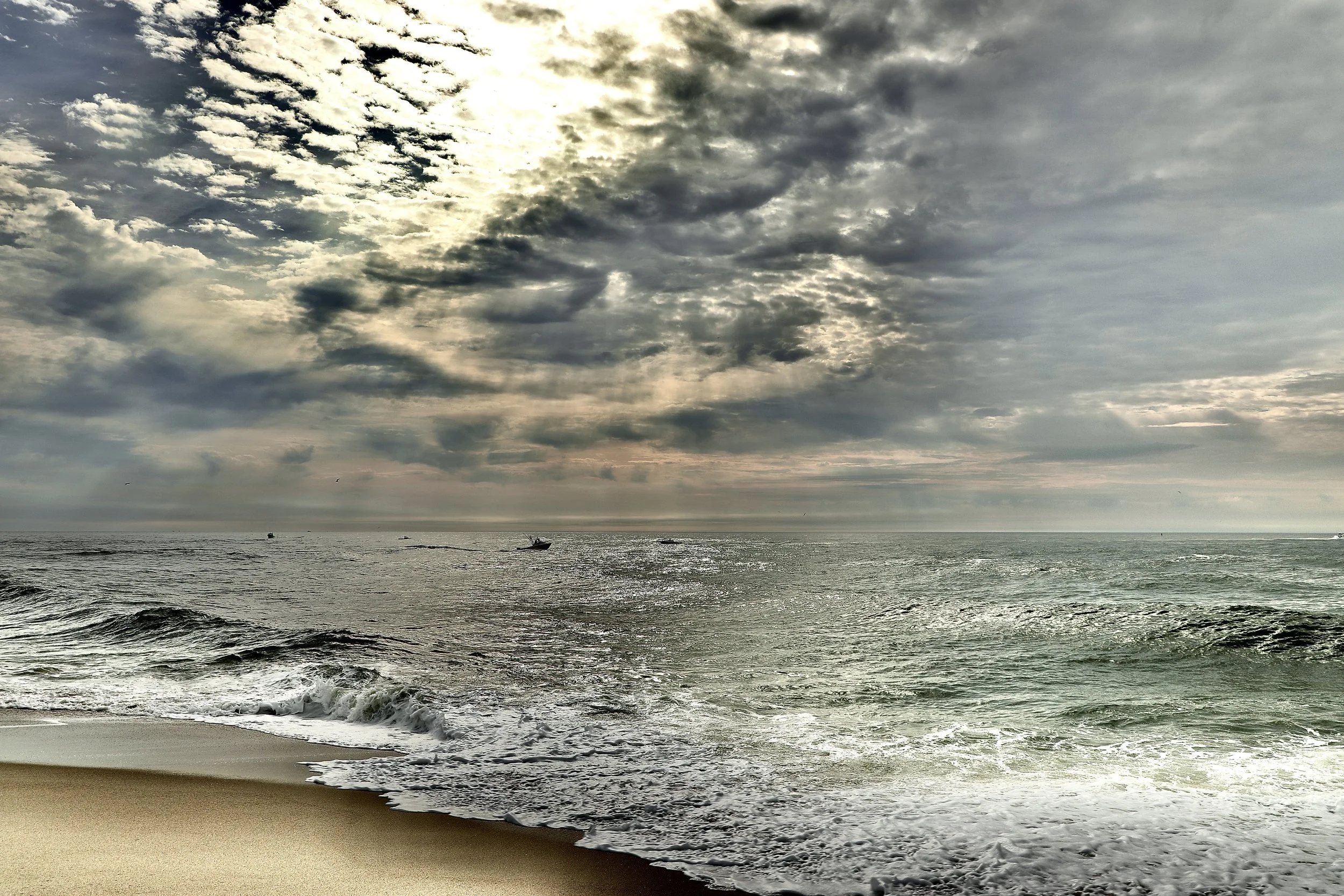
How Will This Pandemic Affect Poetry? -- Julia Alvarez
Will the lines be six feet apart?
Will these hexameters be heroic like
Homer’s
(Will) (each) (word) (have) (to) (be)
(masked) (?)
Will there be poetry insecurity?
Will there be enough poetry to go around?
Will poems be our preferred form of
travel?
Will we undertake odysseys
searching for
Ithacas inside us?
Will poetry go viral?
Will its dis
ease infect us?
Will it help build up antibodies against
indifference?
Will poems be the only safe spaces where
we can gather together:
enter their immense silences,
see snakes slithering inside sestinas,
listen to nightingales singing on the
boughs of odes —
hark! a lark in the terza rima,
a hawk in haiku?
What if only poetry will see us through?
What if this poem is the vaccine already
working inside you?
(©2020 by Julia Alvarez. First appeared in: Together in a Sudden Strangeness: America’s Poets Respond to the Pandemic. Edited by Alice Quinn. NY: Alfred A Knopf, 2020. By permission of Stuart Bernstein Representation for Artists. All rights reserved. See Julia Alvarez’s website: https://www.juliaalvarez.com)
-
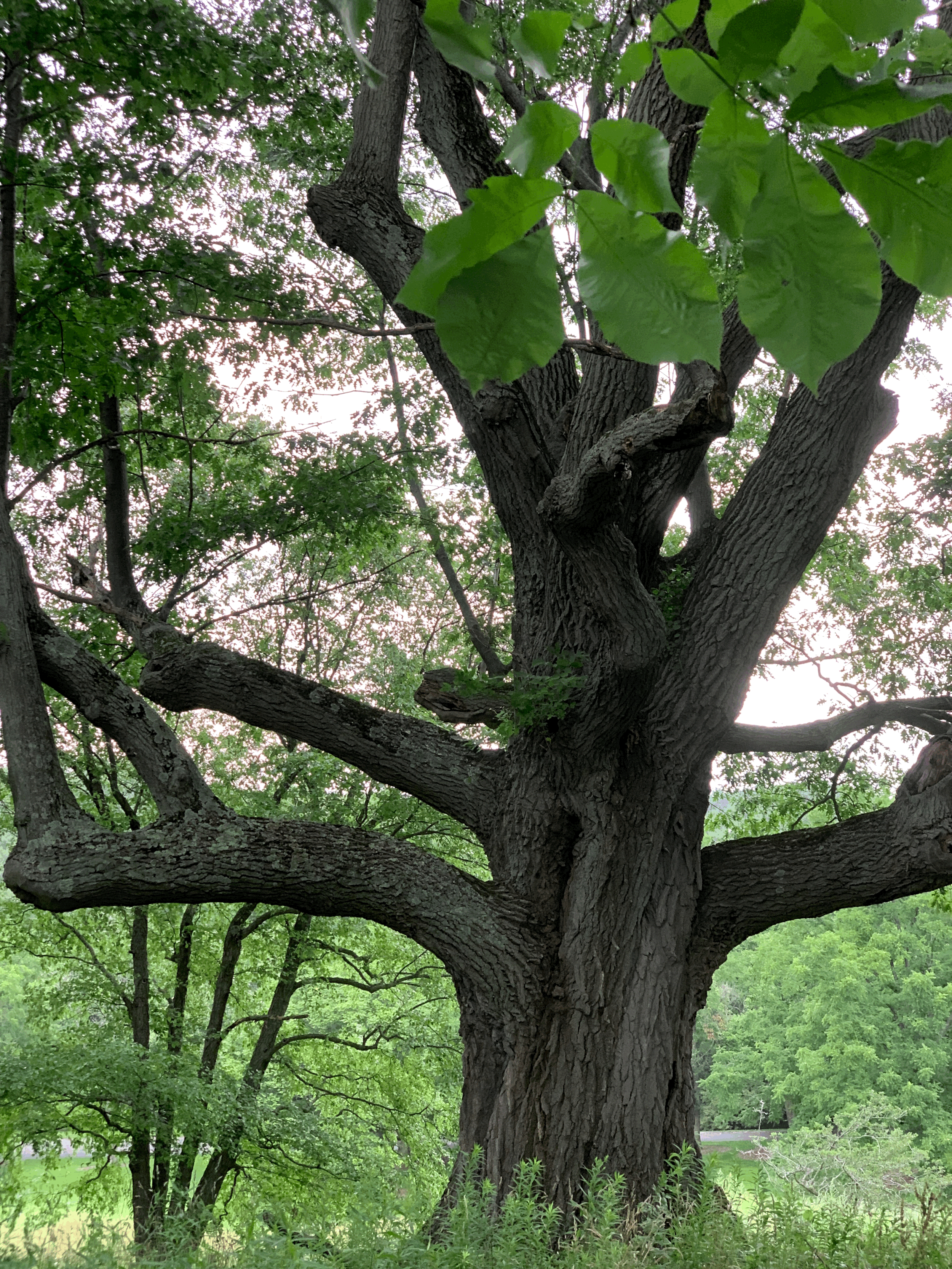
Leaves of Grass [1891-1892] -- Walt Whitman
Come, said my Soul,
Such verses for my Body let us write, (for we are one,)
That should I after death invisibly return,
Or, long, long hence, in other spheres,
There to some group of mates the chants resuming,
(Tallying Earth’s soil, trees, winds, tumultuous waves,)
Ever with pleas’d smile I may keep on,
Ever and ever yet the verses owning—as, first, I here and now,
Signing for Soul and Body, set to them my name, Walt Whitman.
(You can find the complete catalog of Walt Whitman’s poems in: Leaves of Grass The Complete 1855 and 1891-92 Editions. NY and Canada: Penguin Random House, Inc., 2011. With an Introduction by John Hollander.)
-
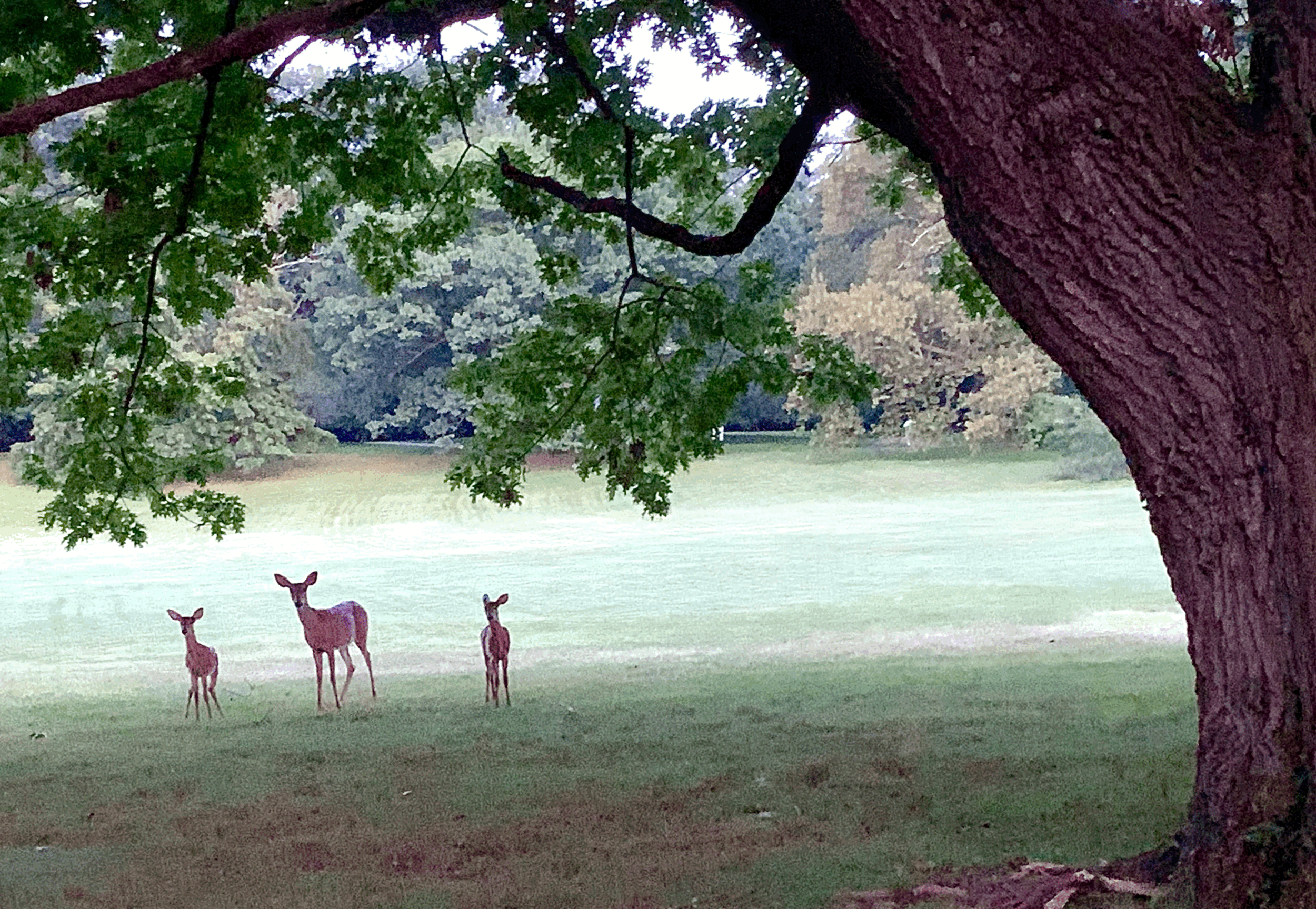
Song of Myself (excerpts) -- Walt Whitman
I CELEBRATE myself, and sing myself,/And What I assume you shall assume,/For every atom belonging to me as good belongs to you.
I loaf and invite my soul,/I lean and loaf at my ease observing a spear of summer grass.
My tongue, every atom of my blood, form’d from this soil, this air./Born here of parents born here from parents the same, and their parents the same,/I, now thirty-seven years old in perfect health begin,/Hoping to cease not till death…
The smoke of my own breath,/My respiration and inspiration, the beating of my heart, the passing of blood and air through my lungs,/The sniff of green leaves and dry leaves, and of the shore and dark-color’d sea-rocks, and of hay in the barn,/The sound of the belch’d words of my voice loos’d to the eddies of the wind,/A few light kisses, a few embraces, a reaching around of arms,/The play of shine and shade on the trees as the supple boughs wag,/The delight alone or in the rush of the streets, or along fields and hill-sides,/The feeling of health, the full-noon trill, the song of me rising from bed and meeting the sun.
Have you reckon’d a thousand acres much? have you reckon’d the earth much?/Have you practis’d so long to learn to read?/Have you felt so proud to get at the meaning of poems?
Stop this day and night with me and you shall possess the origin of all poems,/You shall possess the good of the earth and sun, (there are millions of suns left.)/You shall no longer take things at second or third hand, nor look through the eyes of the dead, nor feed on the specters in books,/You shall not look through my eyes either, nor take things from me,/You shall listen to all sides and filter them from yourself.
There was never any more inception than there is now,/Not any more youth or age than there is now,/And will never be any more perfection than there is now,/Nor any more heaven or hell than there is now…
-
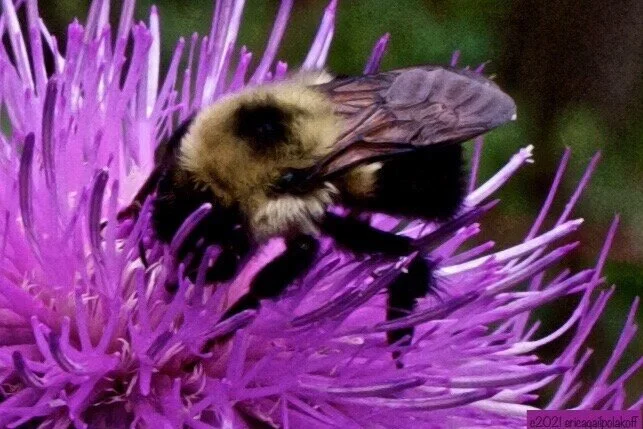
Telling the Bees -- Faith Shearin
In Europe’s towns, two hundred years ago, bees/were believed to be little emissaries to God./They were loved for the way they made food/that tasted like the village itself: its flowers/ and fields and rains and grief. You told the bees/when someone inside your house took ill;/it was the bees you consulted/when you found yourself pregnant. You served/the bees cake before a party and consoled them/when your father died. You spoke to the hive,/which is mostly feminine: that fat queen/and her ladies in waiting, eternally listening in a castle made of wax. And the bees turned/the news. all news, to honey - -/dark or golden, enough for everyone to survive/winter, enough to sweeten dreams or tea. (In: Telling the Bees, Nacogdoches, Texas, Stephen F. Austin State University Press, 2015, p. 33. Permission of the author. See also Faith Shearin’s website: http://www.faithshearin.com)
-
Servants -- Faith Shearin
In college I read about Virginia Woolf and Edith Wharton/and I thought of their great minds and their long dresses/and their gilded friendships which involved tea/in the library or on the lawn. I thought of the places/they traveled and the weight of their trunks/and all the ways their marriages did or did not/please them. I thought of the dogs that followed/at their heels and the rooms and gardens they/decorated and the beaches where they/ carried umbrellas. But I never once thought of/their servants. I didn’t think of the cook who/woke up to make the fires of the morning or the maids/who stood over a pot of hot soap, stirring the day:/I did not think of how someone dressed them/ and scrubbed their floors, how someone/brought their dinner on a tray. It was years before I knew they had them at all: invisible, unremembered./people who gave their lives to drudgery. Now I/can barely write or finish a book for all the housework/and errands, now I think of them: knocking dust/from the curtains, carrying the rugs outside/each spring so they could beat them with a broom. (In: Telling the Bees, Nacogdoches, Texas: Stephen F. Austin State University Press, 2015, p. 47. Permission of the author. See also Faith Shearin’s website: http://www.faithshearin.com)
-
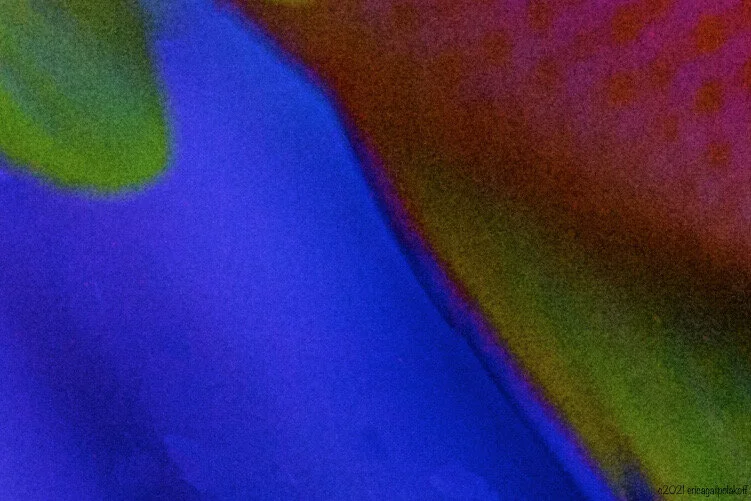
No Eyes -- Faith Shearin
Minutes continue passing, each day another acre/from the hospital room where I left you;/I have been reading about time in other countries,/considering the precision of the Swiss and/the afternoon siestas of the Spaniards, the way/Buddhists are tied to moonlight and monsoons,/harvests and seasons. Did you know /there are tribes in the Amazon rain forest/who are, /this minute, speaking a language without/a past tense? I’m considering/the people of Madagascar who believe the future/flows into the backs of their heads, where they have/no eyes, while the past is before them: visible,/alive. (In: Lost Language. Winston Salem, NC: Press 53, 2020, p. 30. Permission of the author. See Faith Shearin’s website: http://www.faithshearin.com)
-
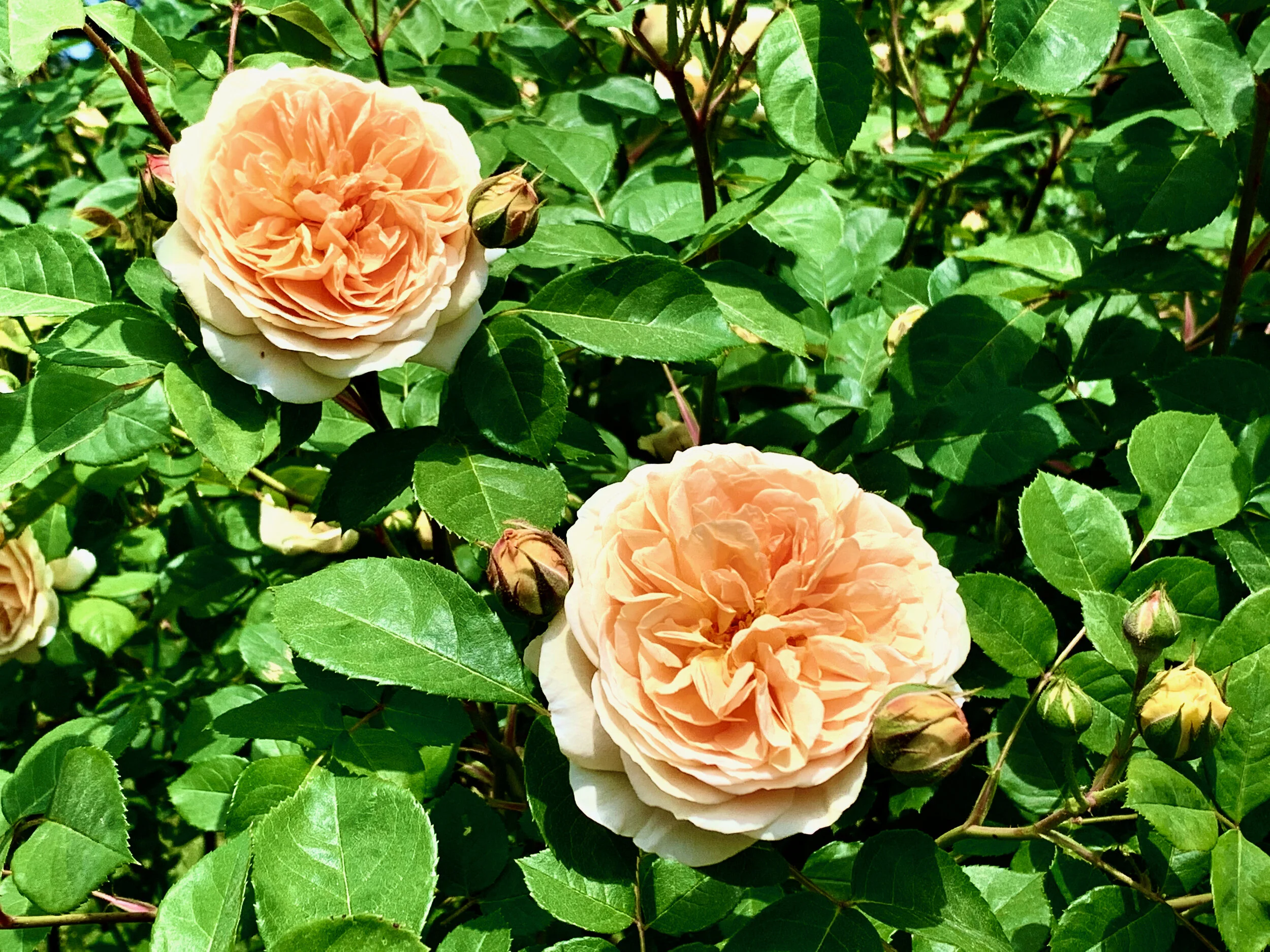
It Felt Love -- Hafiz (Shams-ud-din Muhammad Hafiz (c. 1320-1389)
How/ Did the rose/Ever open its heart/And give to this world/All its/ Beauty?/It felt the encouragement of light/Against its/Being,/ Otherwise,/We all remain/Too/ Frightened. (In: The Gift: Poems by Hafiz, the Great Sufi Master; translated by Daniel Ladinsky. NY: Penguin Group, 1999, p. 121.)
-
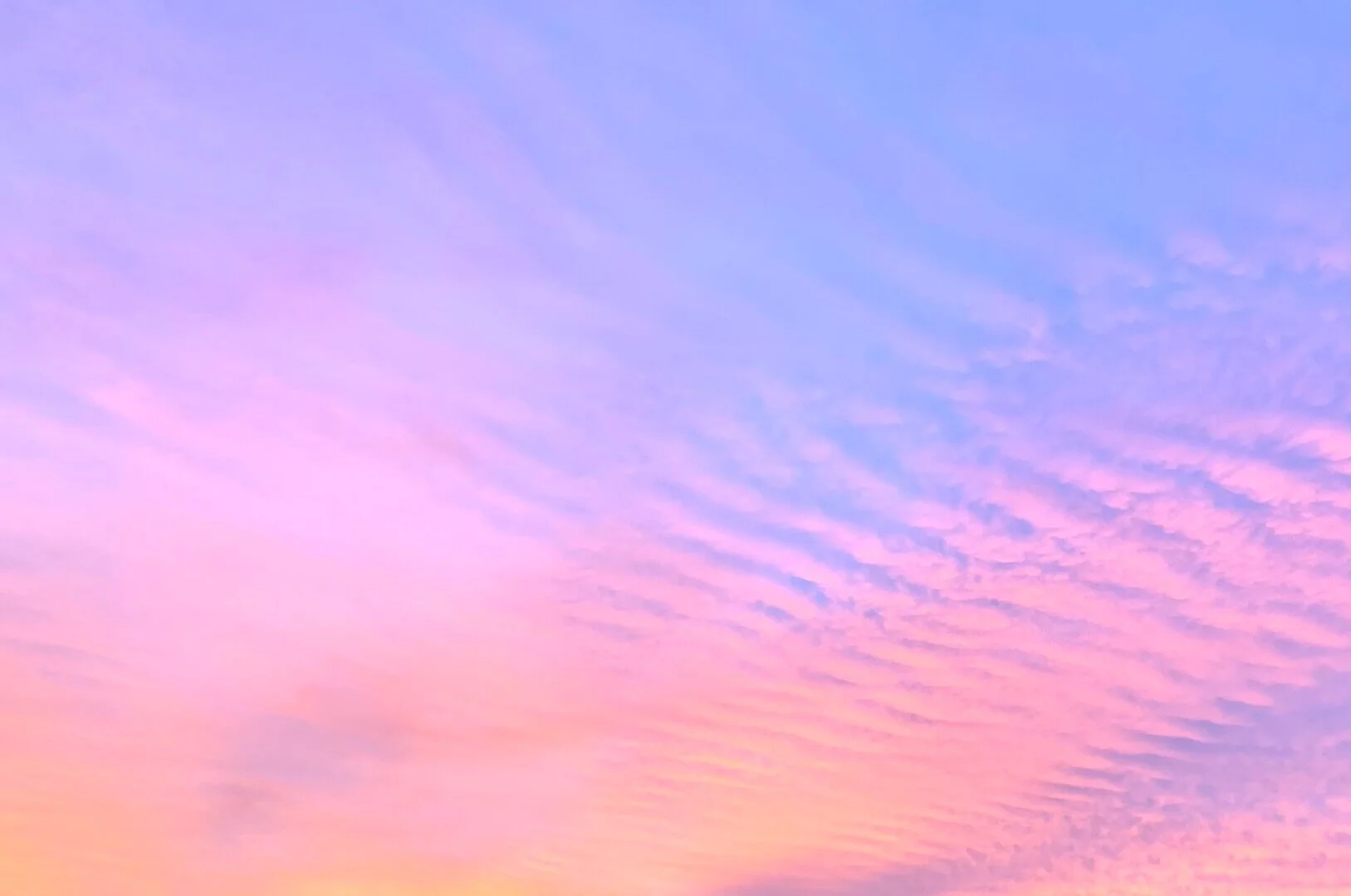
Won't You Celebrate with Me? -- Lucille Clifton
Won’t you celebrate with me/what I have shaped into/a kind of life? I had no model/born in babylon both non-white and woman/what did I see to be except myself?/I made it up/here on this bridge between/starshine and clay/my one hand holding tight/my other hand; come celebrate/with me that everyday/something has tried to kill me/and has failed. (In: Book of Light. Port Townsend, WA: Copper Canyon Press, 1993 and the poetryfoundation.org. Permission granted by the publisher.)
-

The Clod and the Pebble -- William Blake
“Love seeketh not itself to please,/Nor for itself hath any care,/But for another gives its ease,/And builds a Heaven in Hell’s despair.”
So sung a little Clod of Clay/Trodden with cattle’s feet,/But a Pebble of the brook/Warbled out these meters meet:
“Love seeketh only self to please,/To bind another to its delight,/Joys in another’s loss of ease,/And builds a Hell in Heaven’s despite.”
-
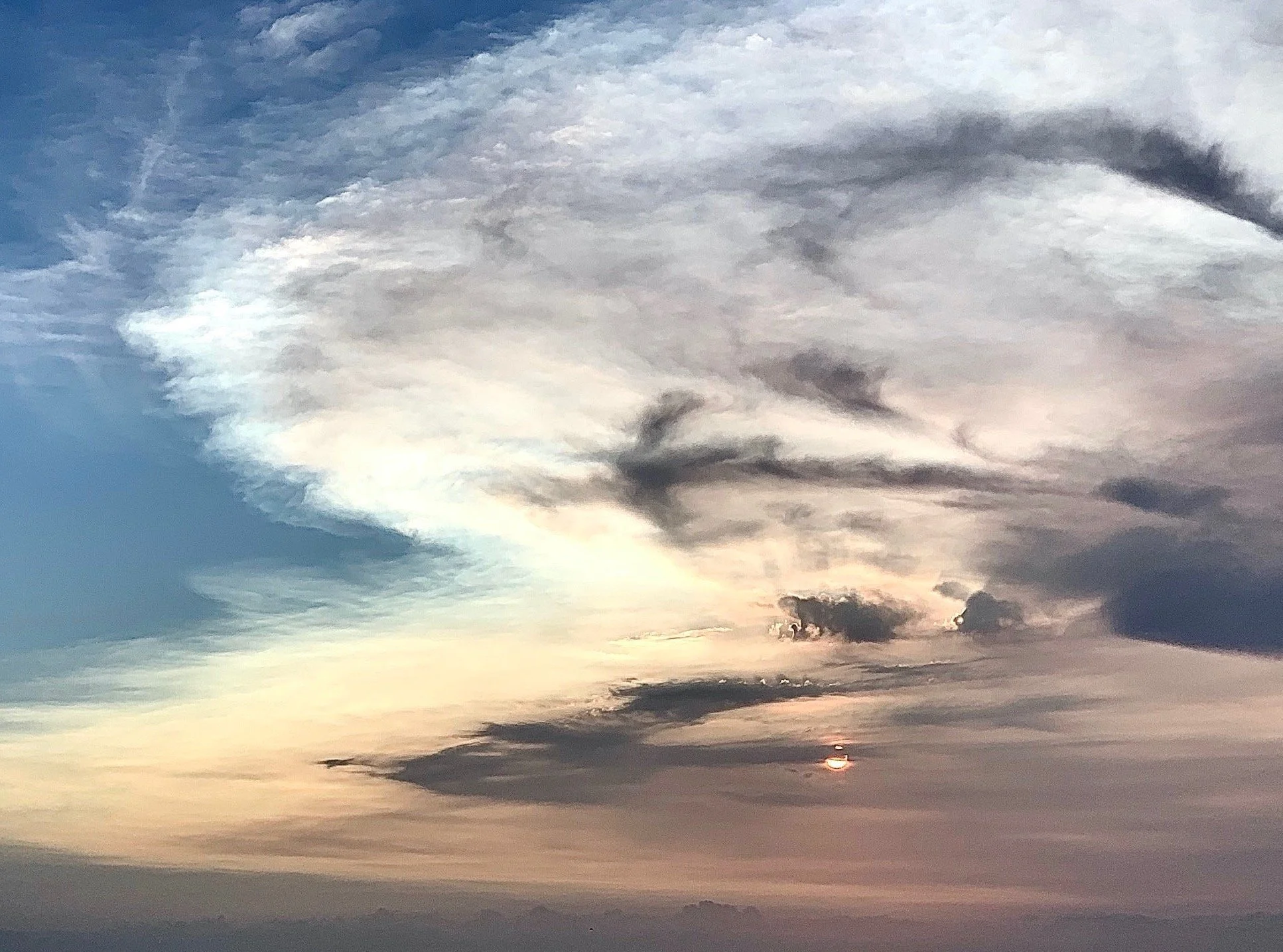
Praise to the Universe -- Marianne Barrett Zubryckyj
Praise to the Universe
for its constancy and laws,
to the cosmic dust and gas
collapsing to nebulae and galaxies.
Praise to the stars born thereof
that self-immolated to seed life.
Praise to the black holes, quasars and pulsars
that measure our lives as infinitesimal and eternal.
Praise to the planets, the “wanderers,” who keep
a moving eye on us wanderers below.
Praise to the goddess moon that pursues us
while she shifts-shapes and shakes seas.
Praise to the chaos of the quantum realm,
where perturbations and fluctuations reign,
where particles once entangled
will never free themselves,
where there is no certainty, only probability.
Praise to the improbability of our Universe!
(©2021 by Marianne Barrett Zubryckyj. Permission of the author.)
-
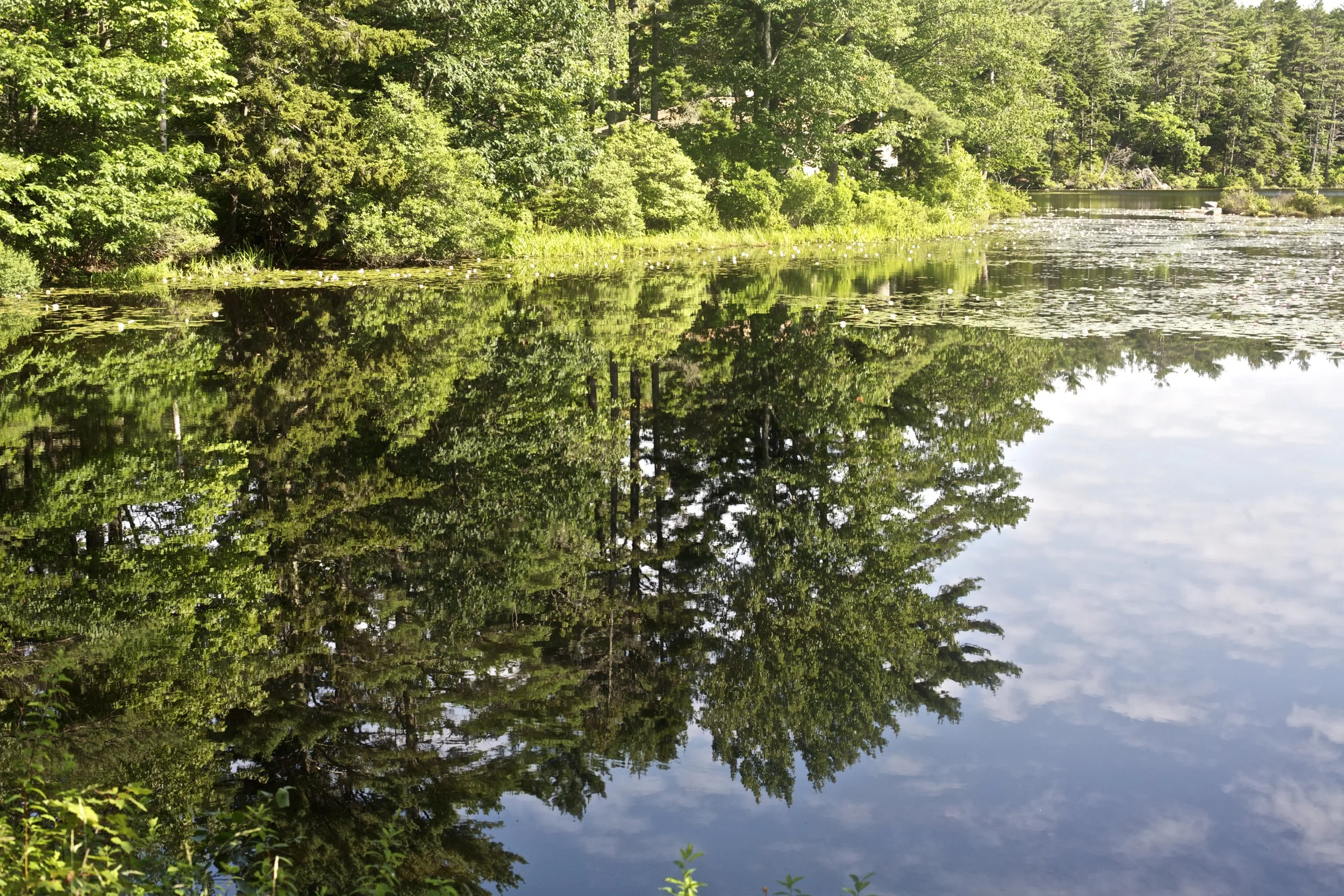
Spiritual Conversion -- Marianne Barrett Zubryckyj
I’ve traded pews and kneelers for
the soft forest floor,
stained glass windows for
heavenly light,
altar and apse for
a hidden hillock.
The scent of evergreens is
livelier than incense, the canopy and sky
loftier than vaulted domes.
No need for a reverend:
I am the celebrant, versed in the liturgies of
dearth and abundance,
death and resurrection,
grief and joy.
Walking is prayer,
clean air, a purification.
The trees’ sermon inspires
and the avian choir
soothes.
I bow for the forest’s blessing
and stand -- rooted -- in eternity.
(©2021 by Marianne Barrett Zubryckyj. Permission of the author.)
-
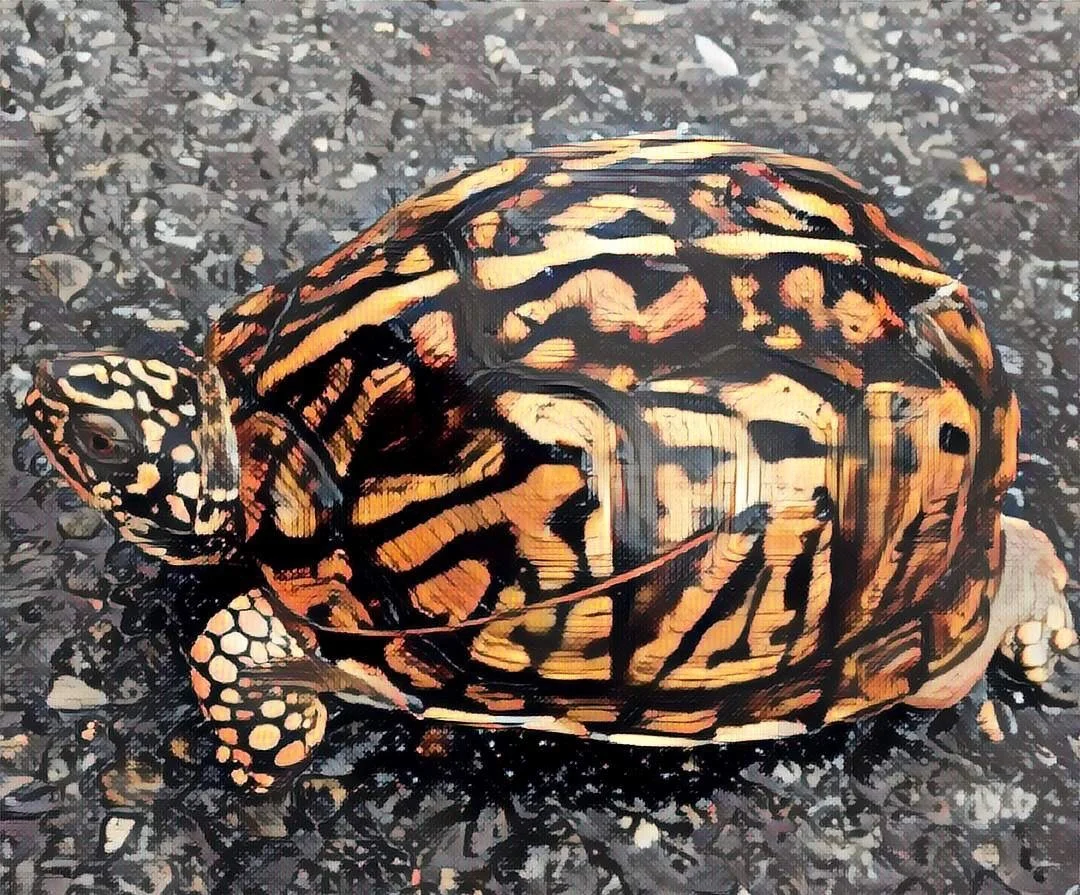
Unexpected Gifts -- Marianne Barrett Zubryckyji
A flamboyant wheelchair, studded with bags of belongings,/is parked off to the side. A homeless old man/is enjoying a late summer day in the park.
He tosses Cheerios into the pond, one by one, and delights each time, like a young child,/at the eruption of orange and black koi rising to the bite.
A younger woman perched at the edge of the pond/is reading a book about music (I can see a staff),/but her subtle smiles suggest an interest in the scene.
Soon she and my four-year-old grandson/are guessing at the source of a creaking sound.
“Probably a tree rocked by the breeze,” she says,/though my grandson, not as audibly astute, insists it’s the whack of a tennis ball.
The old man has foraged for a long stick/to launch a log out to the middle of the pond --/a raft for residents’ sunbathing; a female mallard alights/and is soon joined by two small turtles --
an unusually polite accommodation on the duck’s part,/explains the old man, who must be a regular pond visitor.
Inspired by the old man, my grandson forages for a stick/and fishes up seaweed “for our dinner,”
while the old man, sensing an attentive audience,/describes for us all the habits of the pond’s wildlife.
My grandson studies the old man’s long beard and round glasses/and senses his youthful, jovial spirit.
Accordingly, he asks, “Are you Santa?”/The old man’s face widens in delight,/though he politely declines the appellation.
When we leave later for home,/ I wonder where the old man and his wheelchair will go./My grandson unabashedly yells, “Good-bye, Santa!”
I don’t correct him: After all, today/the old man delivered many gifts.
(August 3, 2021; revised November 2021; ©2021 by Marianne Barrett Zubryckyj. Permission of the author.)
-
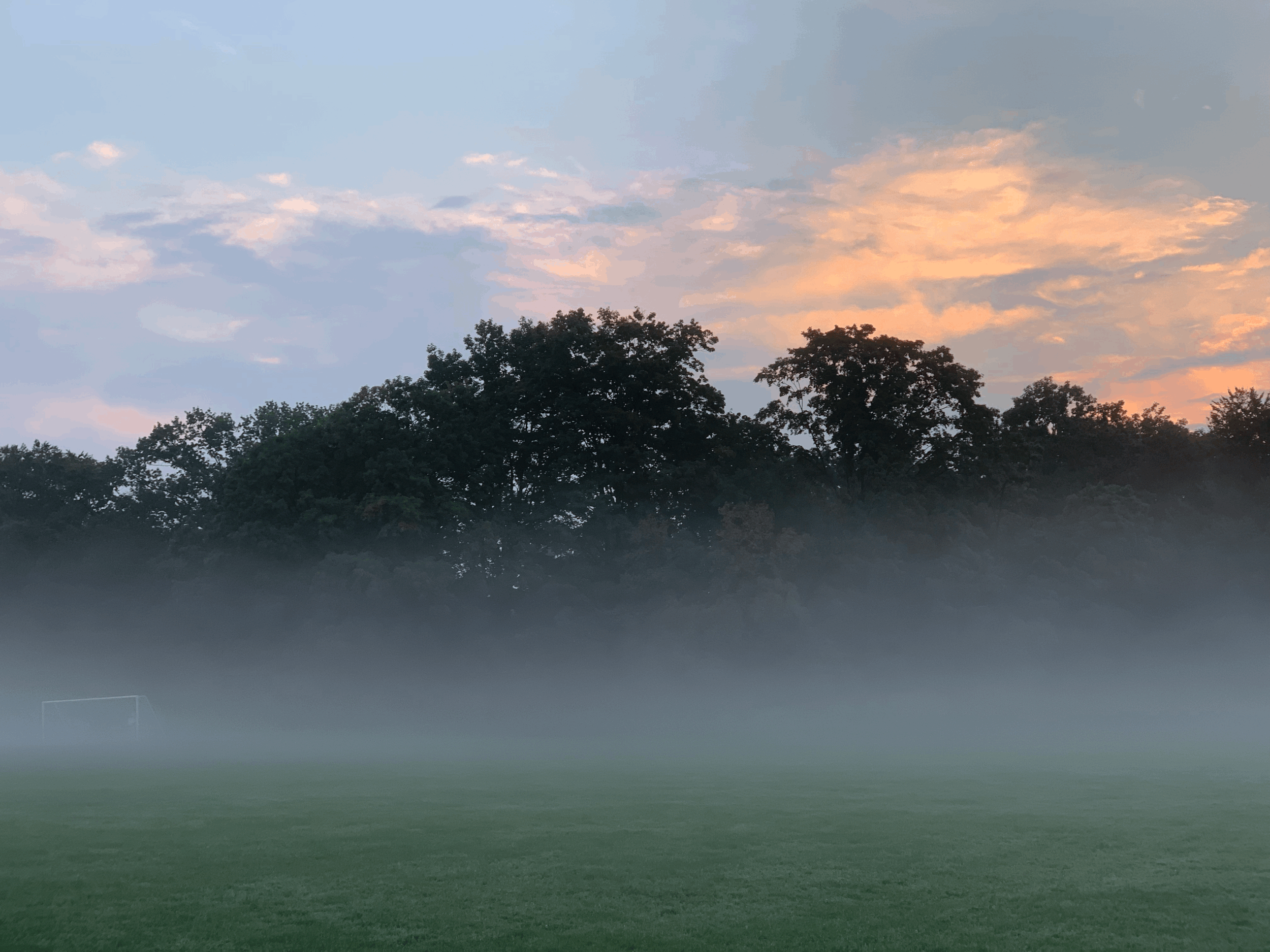
Let Me Confess That We Two Must Be Twain (Sonnet 36) -- William Shakespeare
Let me confess that we two must be twain,/Although our undivided loves are one:/So shall those blots that do with me remain,/Without thy help, by me be borne alone./In our two loves there is but one respect,/Though in our lives a separable spite,/Which though it alter not love’s sole effect,/Yet doth steal sweet hours from love’s delight./I may not evermore acknowledge thee,/Lest my bewailed guilt should do thee shame,/Nor thou with public kindness honor me,/Unless thou take that honor from thy name:But do not so, I love thee in such sort,/As thou being mine, mine is thy good report.
-
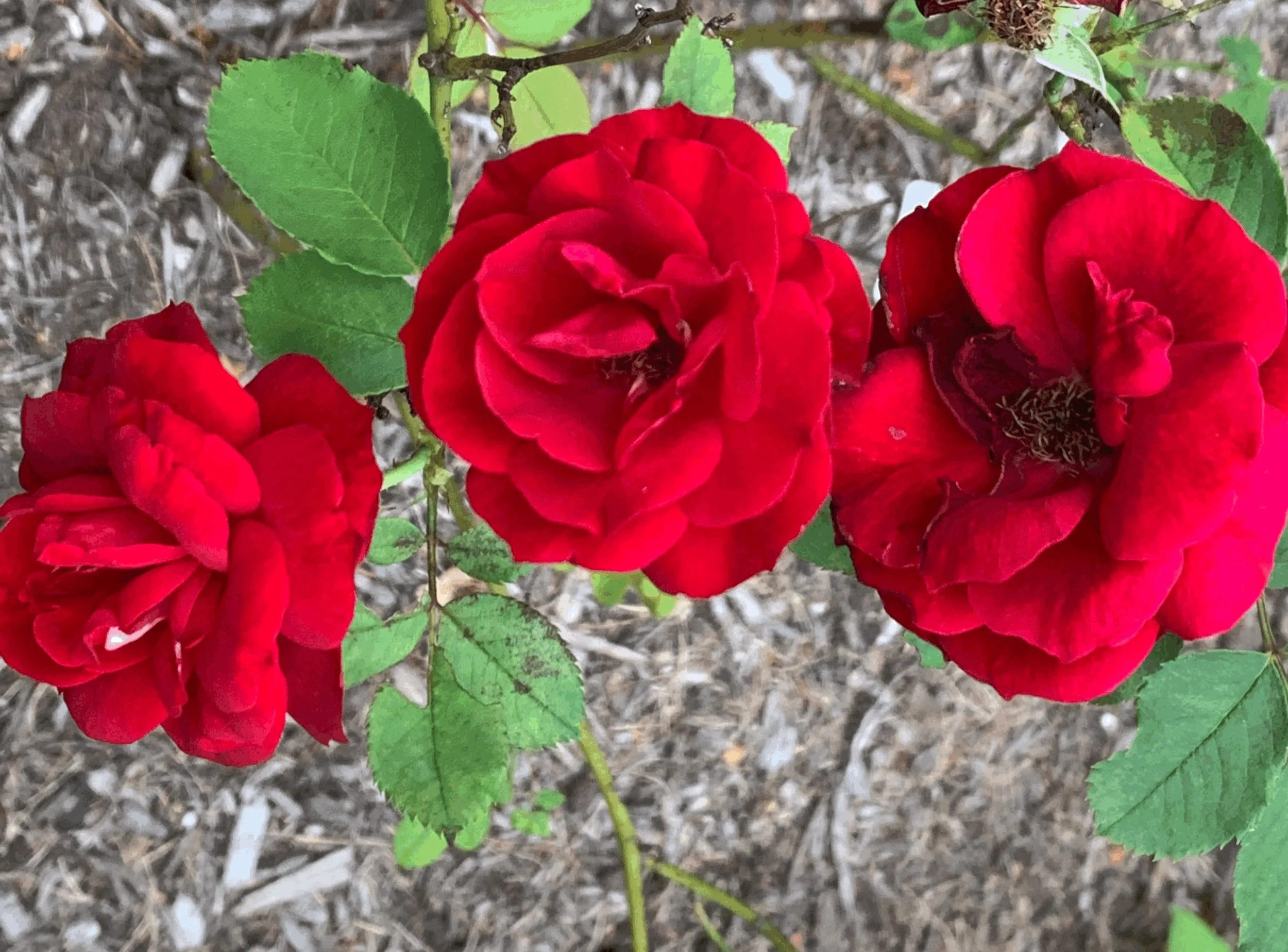
My Love Is As A Fever Longing Still (Sonnet 147) -- WiIlliam Shakespeare
My love is as a fever longing still,/For that which longer nurseth the disease;/Feeding on that which doth preserve the ill,/The uncertain sickly appetite to please./My reason, the physician to my love,/Angry that his prescriptions are not kept,/Hath left me, and I desperate now approve/Desire is death, which physic did except./Past cure am I, now Reason is past care,/And frantic-mad with evermore unrest;/My thoughts and my discourse as madmen’s are,/At random from the truth vanity expressed;/For I have sworn thee fair, and thought thee bright, Who art black as hell, as dark was night.
-
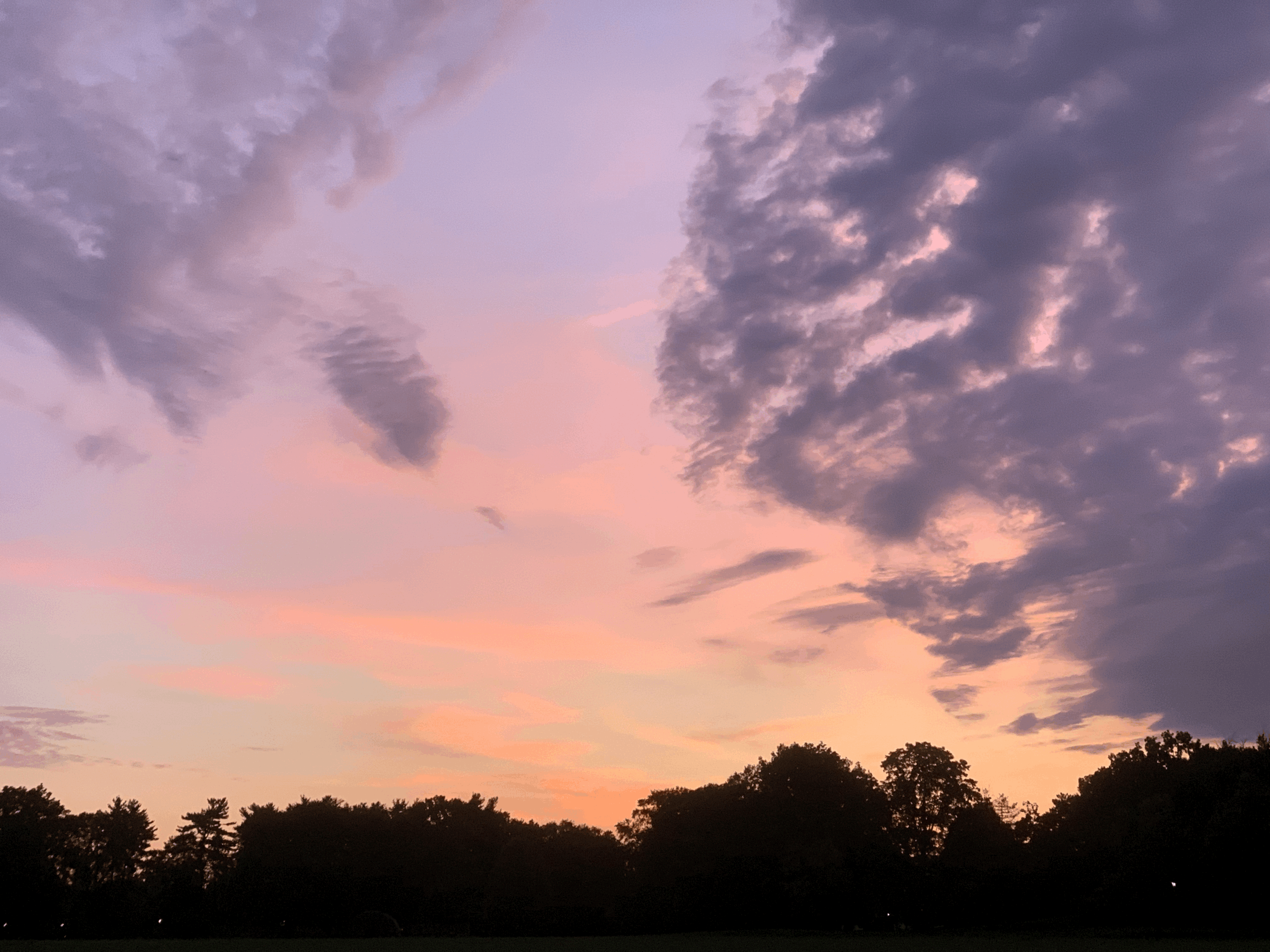
When In Disgrace With Fortune and Men's Eyes (Sonnet 29) -- William Shakespeare
When in disgrace with fortune and men’s eyes/I all alone beweep my outcast state,/And trouble deaf heaven with my bootless cries,/And look upon myself, and curse my fate,/Wishing me like to one more rich in hope,/Featured like him, like him with friends possessed,/Desiring this man’s art, and that man’s scope,/With what I most enjoy contented least;/Yet in these thoughts myself almost despising,/Haply I think on thee, and then my state,/Like to the lark at break of day arising/From sullen earth, sings hymns heaven’s gate;/For thy sweet love remembered such wealth brings/That then I scorn to change my state with kings.
-
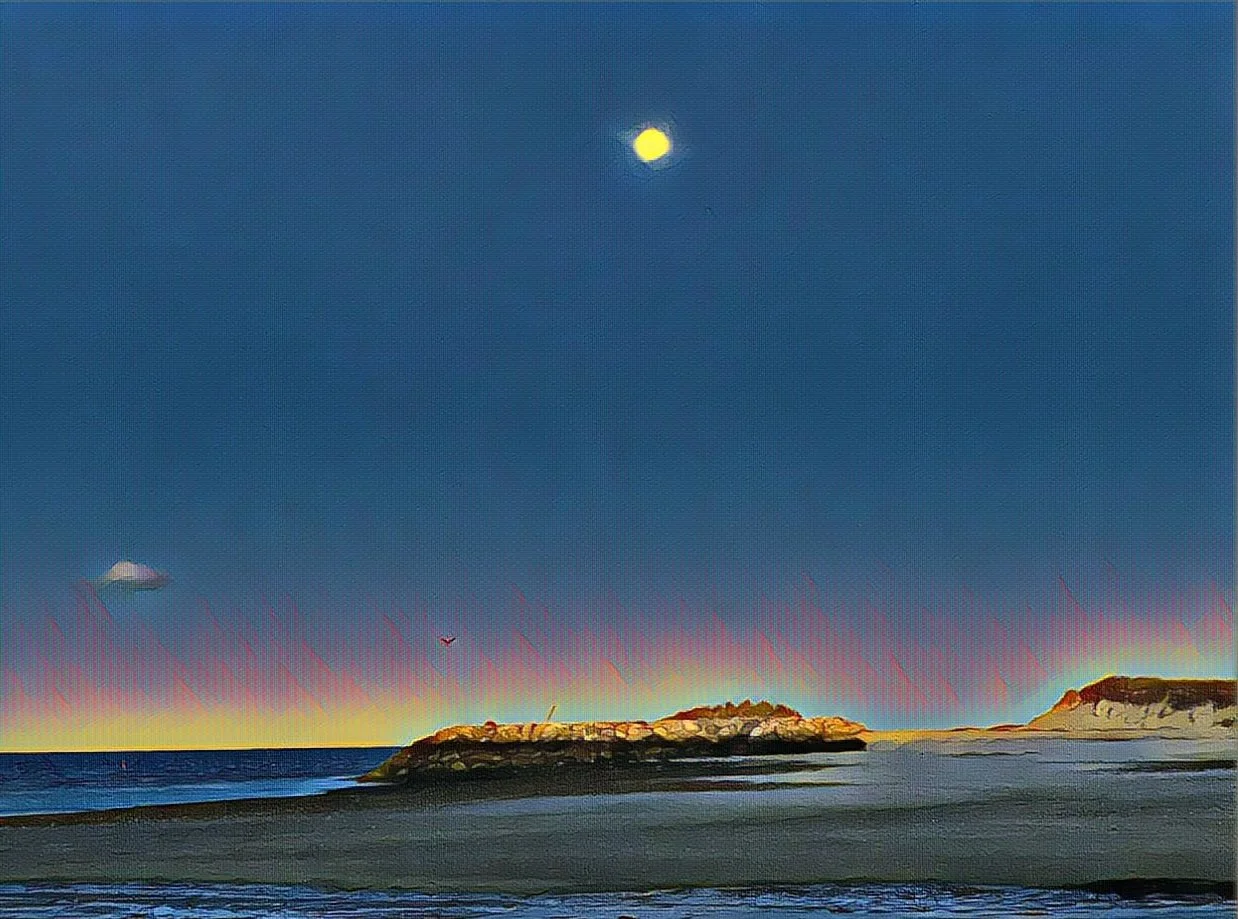
Wild Nights - Wild Nights! (269) -- Emily Dickinson
Wild nights - wild nights!/Were I with thee/Wild nights should be/our luxury!
Futile - the winds -/To a Heart in port -/Done with the Compass -/Done with the Chart!
Rowing in Eden -/Ah - the Sea!/Might I but moor - tonight -/In thee!
(This poem is in the public domain. See also: the poetry foundation.org)
-

"Hope" is the thing with feathers (314) -- Emily Dickinson
“Hope” is the thing with feathers -/That perches in the soul -/And sings the tune without the words -/And never stops - at all-
And sweetest - in the Gale - is heard -/And sore must be the storm -/That could abash the little Bird/That kept so many warm -
I’ve heard it in the chillest land -/And on the strangest sea -/Yet - never - in Extremity,/It asked a crumb - of me.
(This poem is in the public domain. See the poetry foundation.org)
-
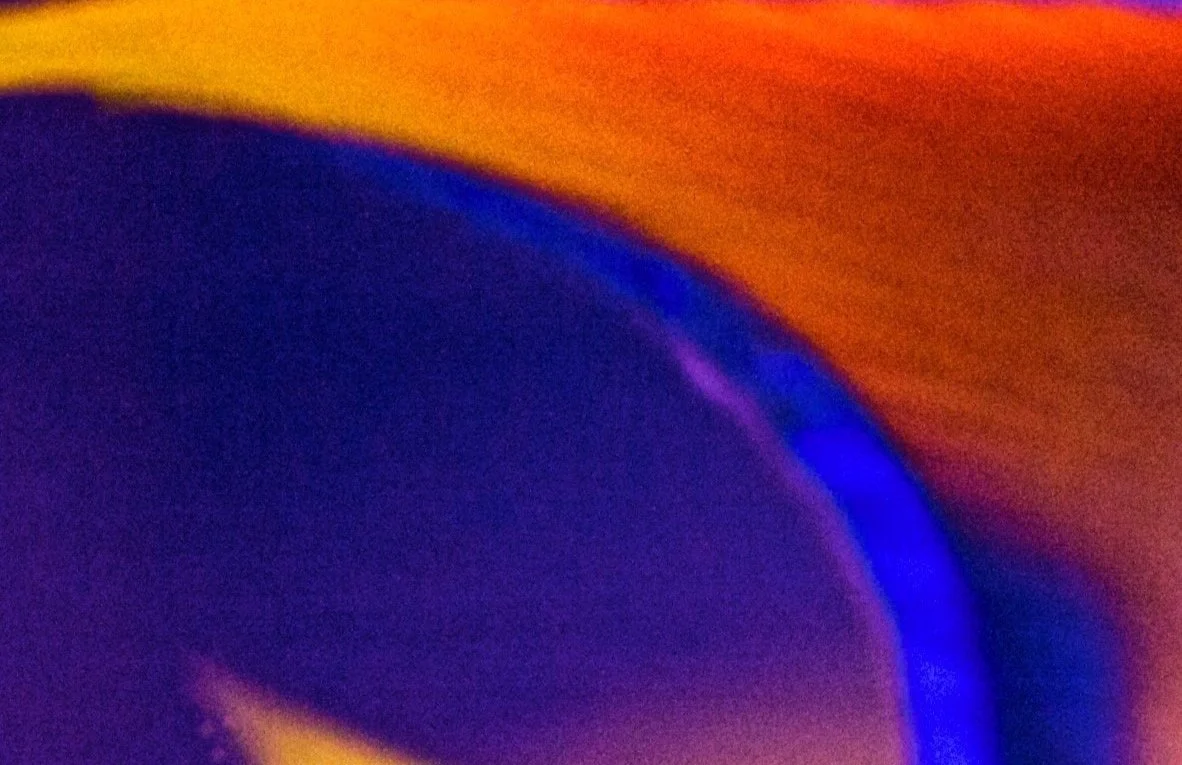
After great pain, a formal feeling comes - (372) -- Emily Dickinson
After great pain, a formal feeling comes -/The Nerves sit ceremonious, like Tombs -/The stiff Heart questions ‘was it He, that bore,’/And ‘Yesterday, or Centuries before’?
The Feet, mechanical, go round -/A Wooden say/Of Ground, or Air, or Ought -/Regardless grown,/A Quartz contentment, like a stone -
This is the Hour of Lead -/Remembered, if outlived,/As Freezing persons, recollect the Snow -/First - Chill - then Stupor - then the letting go -
(This poem is in the public domain. Also see: THE POEMS OF EMILY DICKINSON: READING EDITION, edited by Ralph W. Franklin, Cambridge, Mass. The Belnap Press of Harvard University Press, Copyright ©1998, 1999 by the President and Fellows of Harvard College.)
-
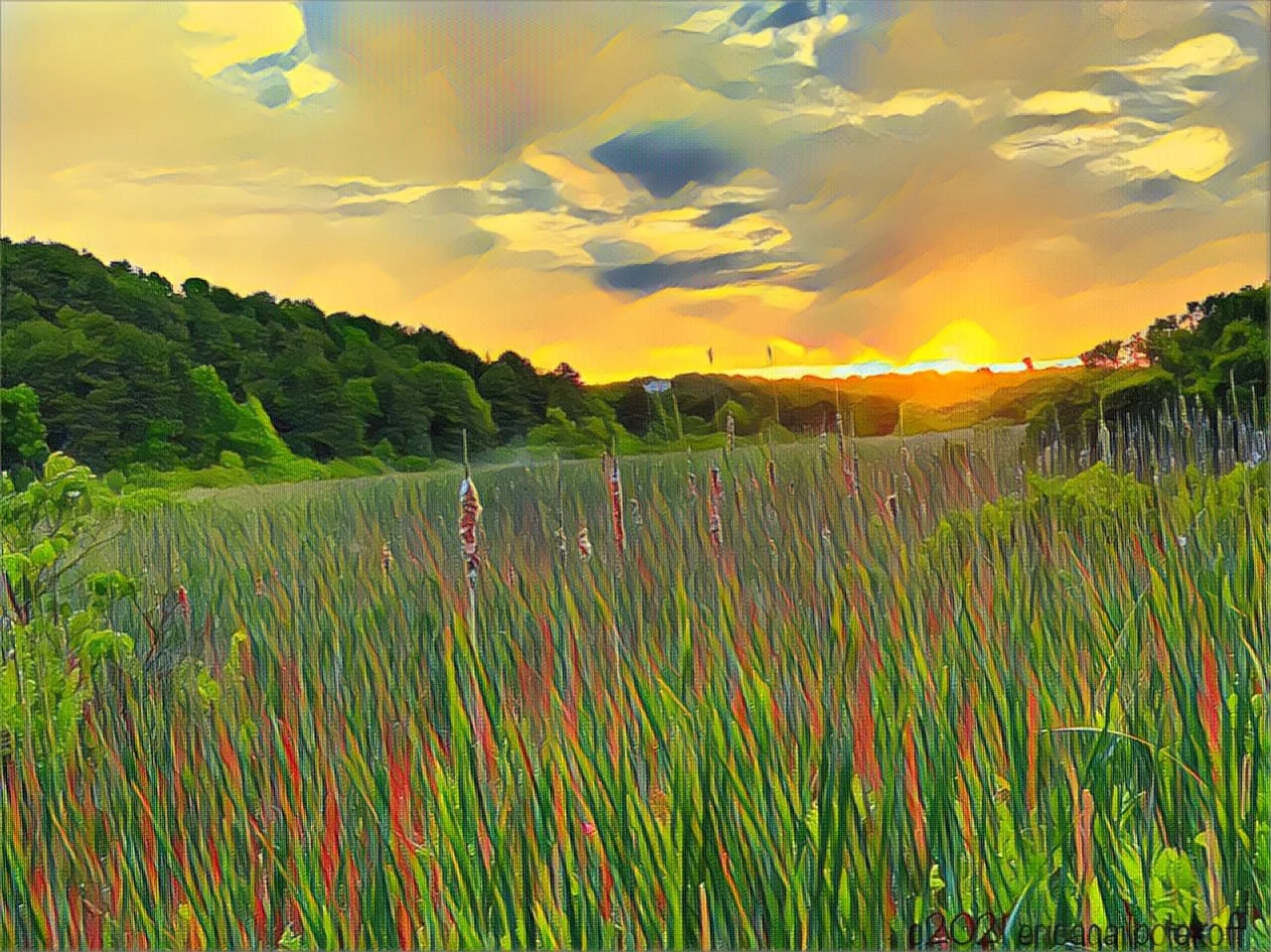
French Leave -- Claude McKay
No servile little fear shall daunt my will/This morning, I have courage steeled to say/I will be lazy, conquering still,/I will not lose the hours in toil this day.
The roaring world without, careless of souls,/Shall leave me to my placid dream of rest,/My four walls shield me from its shouting ghouls,/And all its hates have fled my quiet breast.
And I will loll here resting,/wide awake/Dead to the world of work, the world of love,/I laze contented just for dreaming’s sake,/With not the slightest urge to think or move.
How tired unto death, how tired I was!/Now for a day I put my burdens by,/And like a child amidst the meadow grass/Under the southern sun, I languid lie,
And feel the bed about me kindly deep,/My strength ooze gently from my hollow bones,/My worried brain drift aimlessly to sleep,/Life soften to a song of tuneful tones.
-

The Snow Fairy -- Claude McKay
Throughout the afternoon I watched them there,/Snow-fairies falling, falling from the sky,/Whirling fantastic in the misty air,/Contending fierce for space supremacy.
And they flew down a mightier force at night,/As though in heaven there was revolt and riot,/And they, frail things had taken panic flight/Down to the earth seeking peace and quiet.
I went to bed and rose at early dawn/To see them huddled together in a heap,/Each merged into the other upon the lawn,/Worn out by the sharp struggle, fast asleep./The sun shone brightly on them half the day,/By night they stealthily had stol’n away.
II
And suddenly my thoughts then turned to you/Who came to me upon a winter’s night,/When snow sprites round my attic window flew,/Your hair disheveled, eyes aglow with light.
My heart was like the weather when you came,/The wanton winds were blowing loud and long;/But you, with joy and passion all aflame,/You danced and sang a lilting summer song.
I made room for you in my little bed,/Took covers from the closet fresh and warm,/A downfall pillow for your scented head,/And lay down with you resting in my arm./You went with Dawn. You left me ere the day,/The lonely actor of a dreamy play.
-
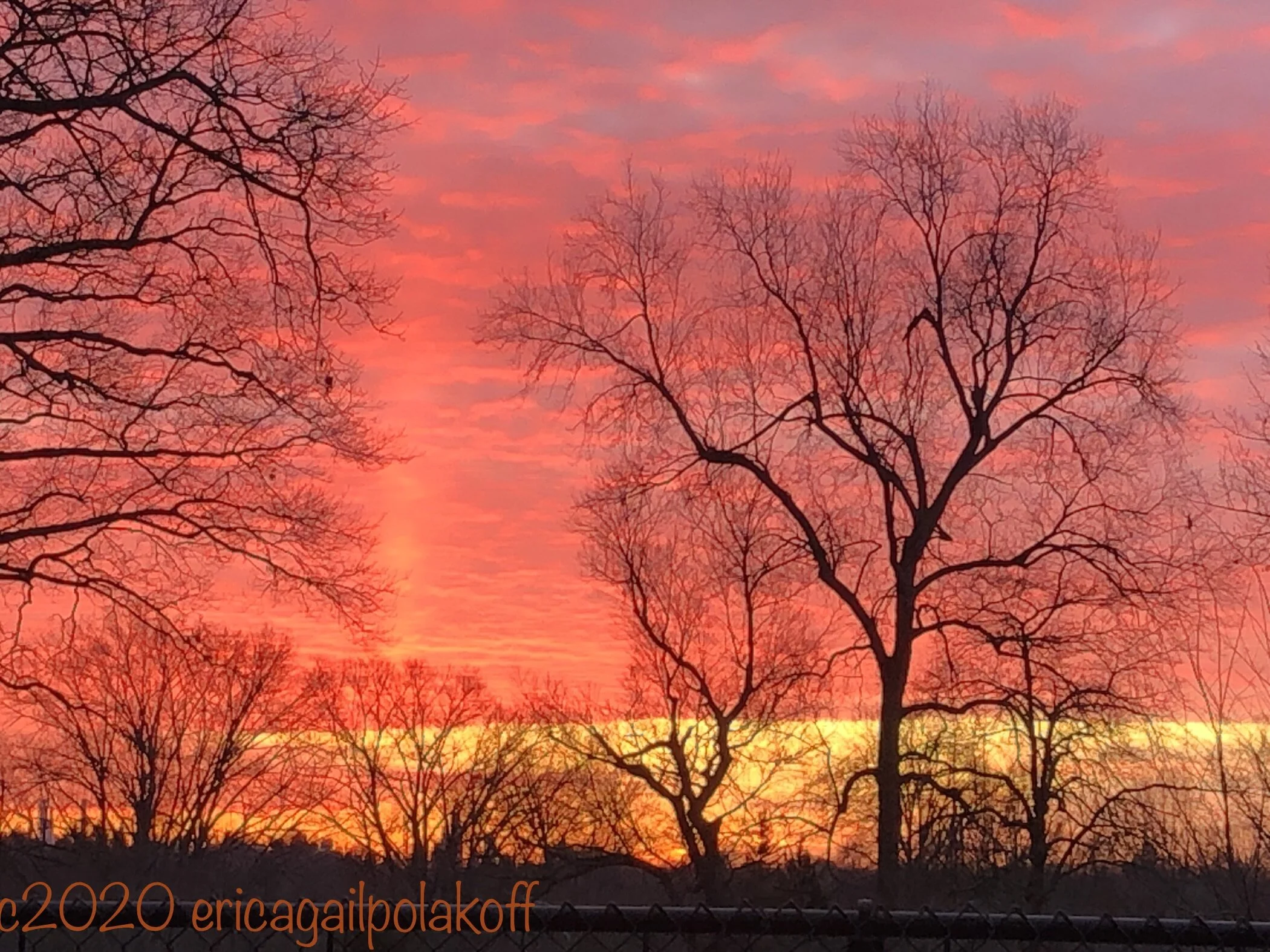
If We Must Die -- Claude McKay
If we must die, let it not be like hogs/Hunted and penned in an inglorious spot,/While round us bark the mad and hungry dogs,/Making their mock at our accursed lot.
If we must die, O let us nobly die,/So that our precious blood may not be shed/In vain; then even the monsters we defy/Shall be constrained to honor us though dead!
O kinsmen! we must meet the common foe!/Though far outnumbered let us show us brave,/And for their thousand blows deal one death-blow!/What though before us lies the open grave?/Like men we’ll face the murderous, cowardly pack,/Pressed to the wall, dying, but fighting back!
-
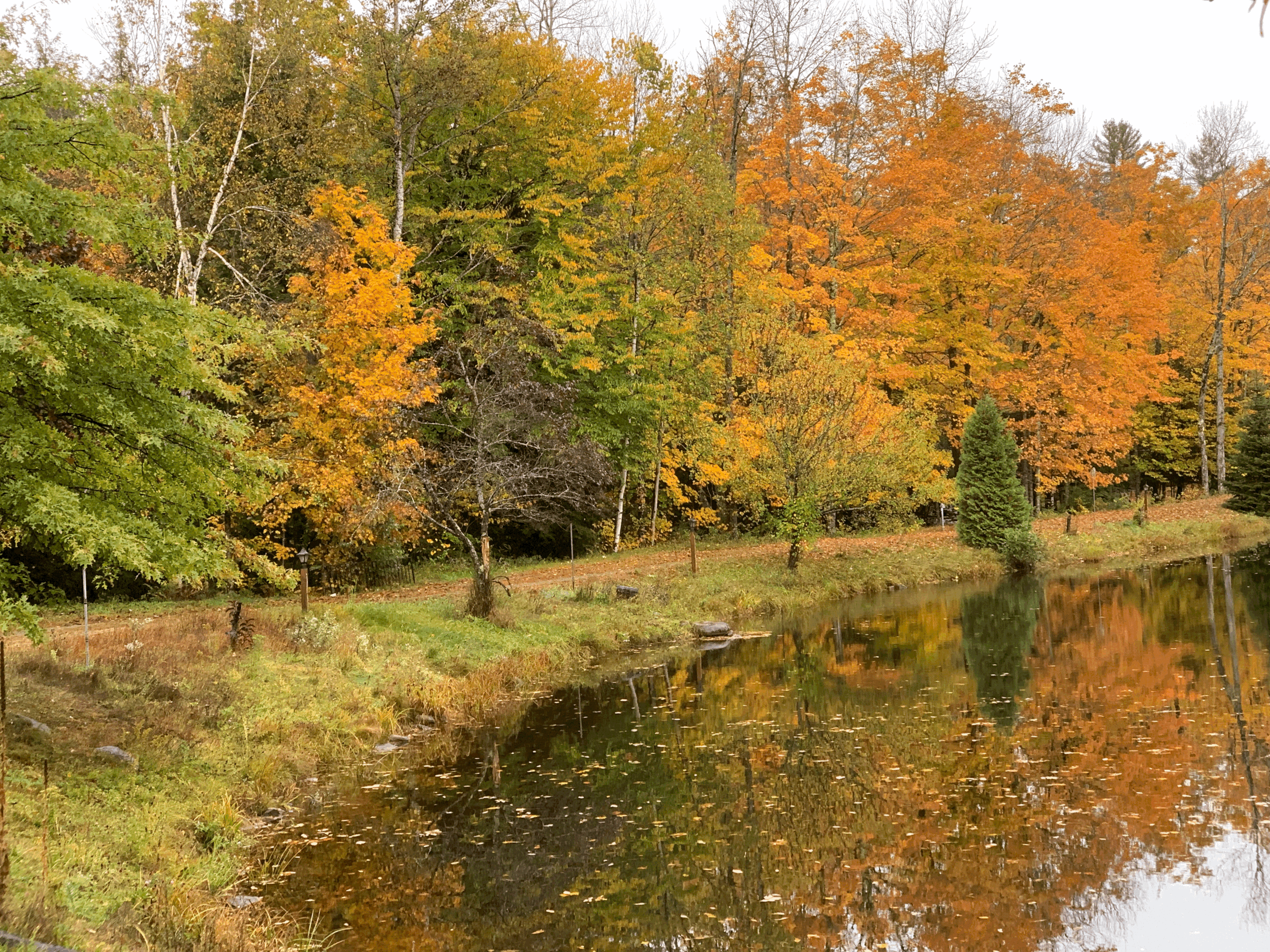
Autumn Day -- Rainer Maria Rilke
Herbsttag — Rainer Maria Rilke
Herr: es ist Zeit. Der Sommer war sehr gross./Leg deinen Schatten auf die Sonnenuhren,/und auf den Fluren lass die Winde los.
Befiehl den letzten Früchten voll zu sein;/gieb ihnen noch zwei südlichere Tage,/dränge sie zur Vollendung hin und jage/die letzte Süsse in den schweren Wein.
Wer jetzt kein Haus hat, baut sich keines mehr./Wer jetzt allein ist, wird es lange bleiben,/wird wachen, lesen, lange Briefe schreiben/und wird in den Alleen hin und her/unruhig wandern, wenn die Blätter treiben.
Autumn Day (Translated by Edward Snow 1991):
Lord: it is time. The summer was immense./Lay your long shadows on the sundials,/and on the meadows let the winds go free.
Command the last fruits to be full;/give them just two more southern days,/urge them on to completion and chase/the last sweetness into the heavy wine.
Who has no house now, will never build one./Who is alone now, will long remain so,/will stay awake, read, write long letters/and will wander restlessly up and down/the tree-lined streets, when the leaves are drifting.
-
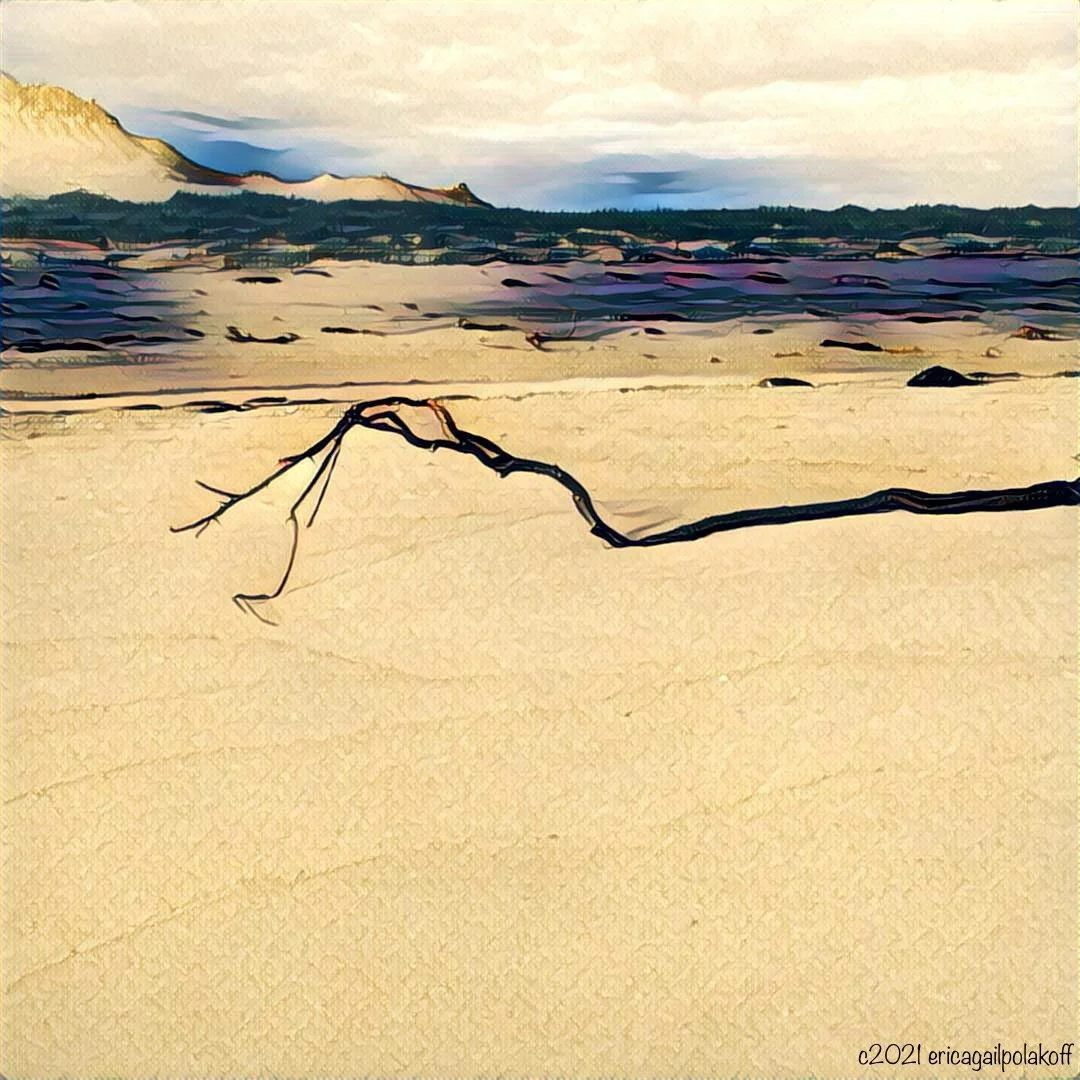
Exposed on the cliffs of the heart -- Rainer Maria Rilke
Exposed on the cliffs of the heart. Look/how tiny down there,/look: the last village of words and, higher,/(but how tiny) still one last/farmhouse of feeling. Can you see it?/Exposed on the cliffs of the heart. Stoneground/under your hands. Even here, though,/something can bloom; on a silent cliff-edge/an unknowing plant blooms, singing, into the air:
But the one who knows? Ah, he began to know/and is quiet now, exposed on the cliffs of the heart,
While, with their full awareness,/many sure-footed animals pass/or linger:
And the great sheltered birds fly, slowly, circling, around the peak’s pure denial. But/without a shelter, here on the cliffs of the heart.
-
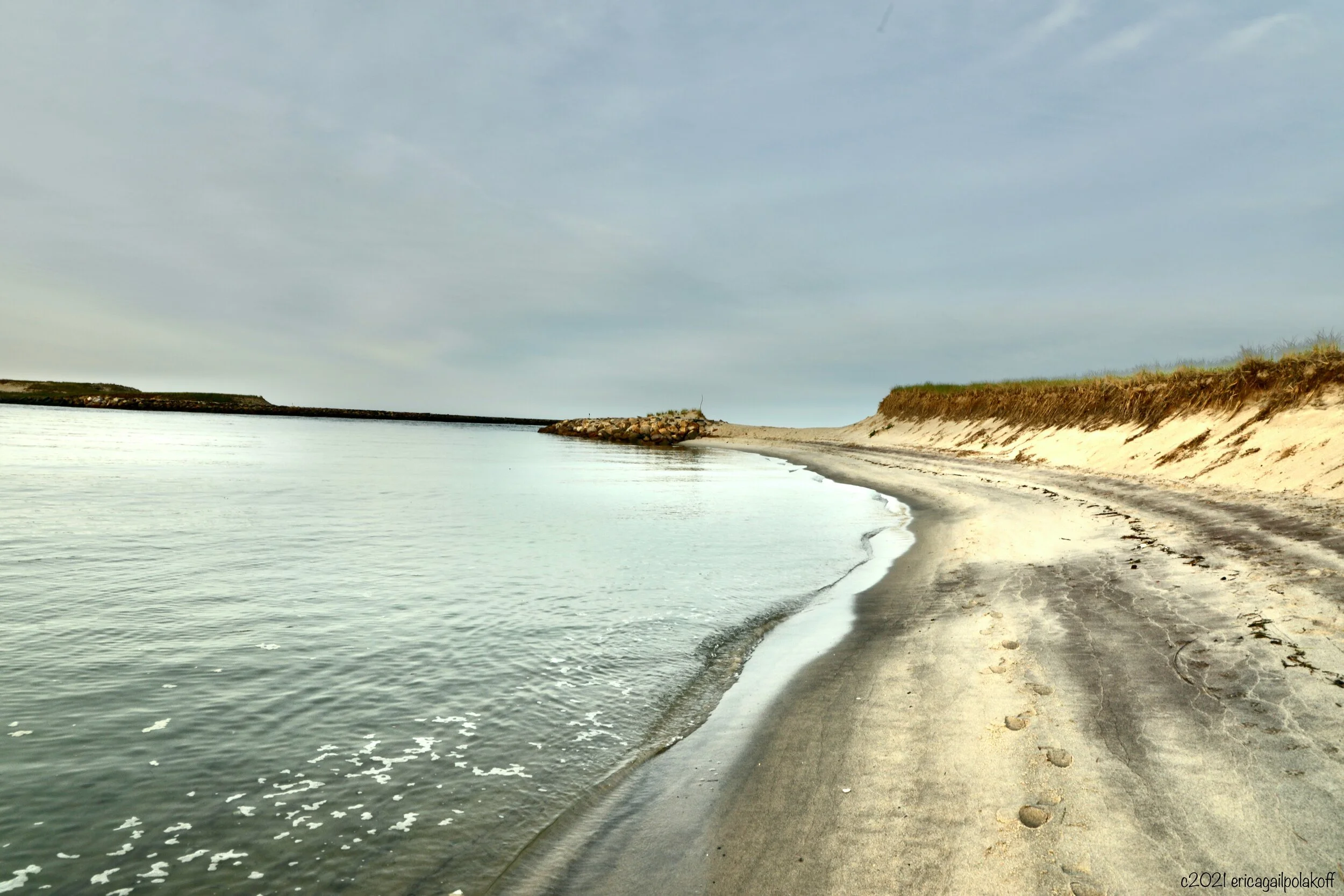
The Negro Speaks of Rivers -- Langston Hughes
I’ve known rivers:
I’ve known rivers ancient as the world and older than the flow of human blood in human veins.
My soul has grown deep like the rivers.
I bathed in the Euphrates when dawns were young.
I built my hut near the Congo and it lulled me to sleep.
I looked upon the Nile and raised the pyramids above it.
I heard the singing of the Mississippi when Abe Lincoln went down to New Orleans, and I’ve seen its muddy bosom turn all golden in the sunset.
I’ve known rivers:
Ancient, dusky rivers.
My soul has grown deep like the rivers.
(This poem is in the public domain. See also: Langston Hughes, "The Negro Speaks of Rivers" from The Collected Works of Langston Hughes. Copyright © 2002 by Langston Hughes.).
-
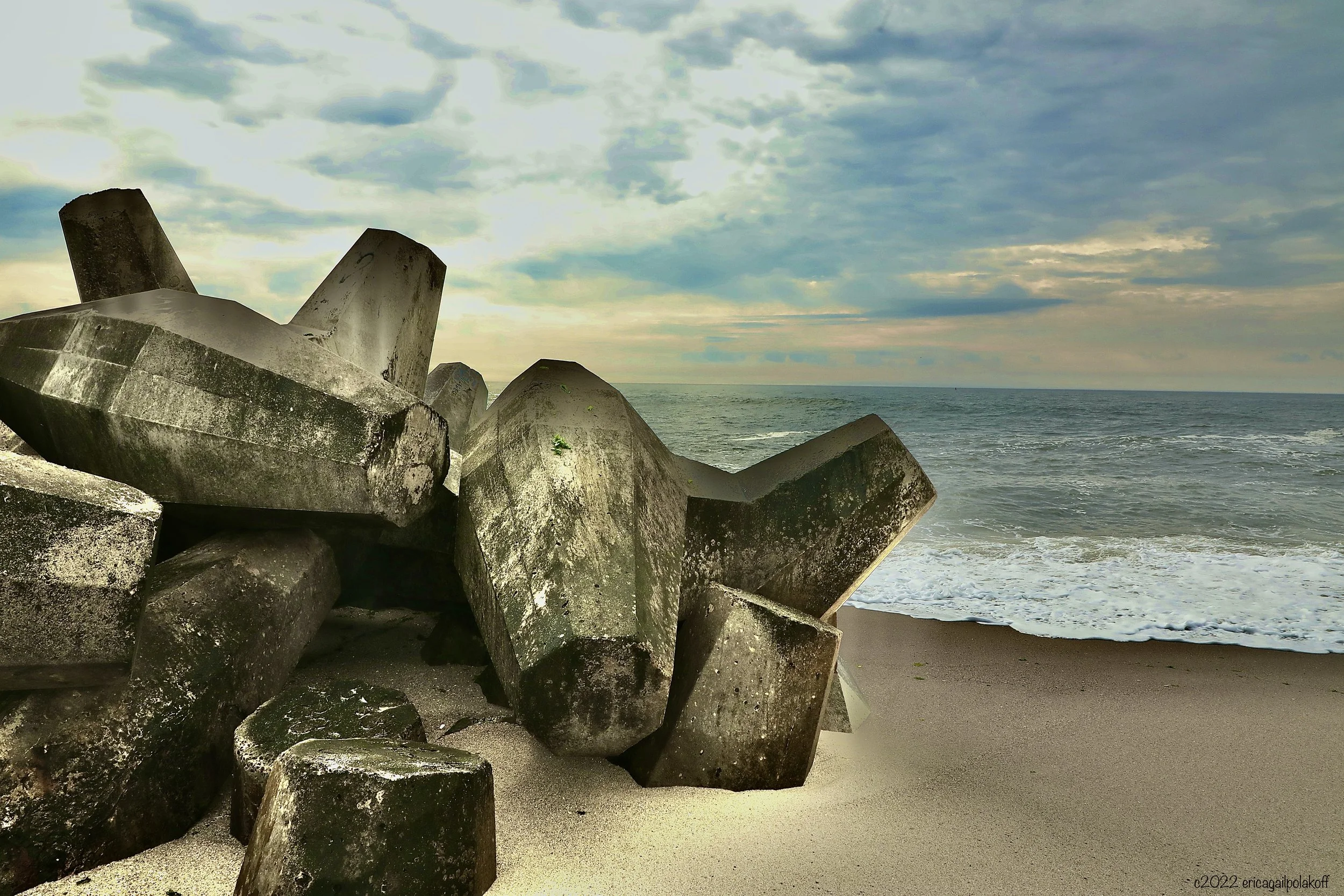
Lunacy -- Marianne Barrett Zubryckyj
(for Ann-Marie, whose message inspired this poem.)
Though not quite full,
the moon calls me
to a reckoning.
I will howl my self
till hollow,
give space
to silence.
And when I am
rid of sound,
rid of desire for sound,
rid of desire…
I will speak with
a voice
that cuts steel.
(August 11-13, 2022; ©2022 by Marianne Barrett Zubryckyj. Permission of the author.)
-
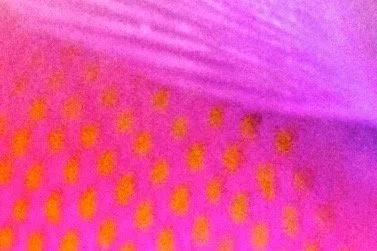
Woman Walking -- John Gualtieri
In the garage with the smell of sour fertilizer, and the promise of flowers,/through a dirty window, I happened to see
a woman as she walked under an old white pine/that leaned above the sidewalk.
She stopped, stood straight. Then as she moved/her grace arrested me.
She wore a loose, ivory dress/that skimmed her feet.
Bright, appliqued strips, flamingo pink, malachite green,/inches above the hem undulated as the fabric rippled.
A pearly band restrained her black hair. She spoke/into her phone a language unknown to me.
A girl and a boy ran to and/away from her.
I heard their laughter, banter, the scrape of their shoes/on concrete.
She held her phone close to her ear…
As she walked on,/she stepped inside me. (Permission of the author.)
-
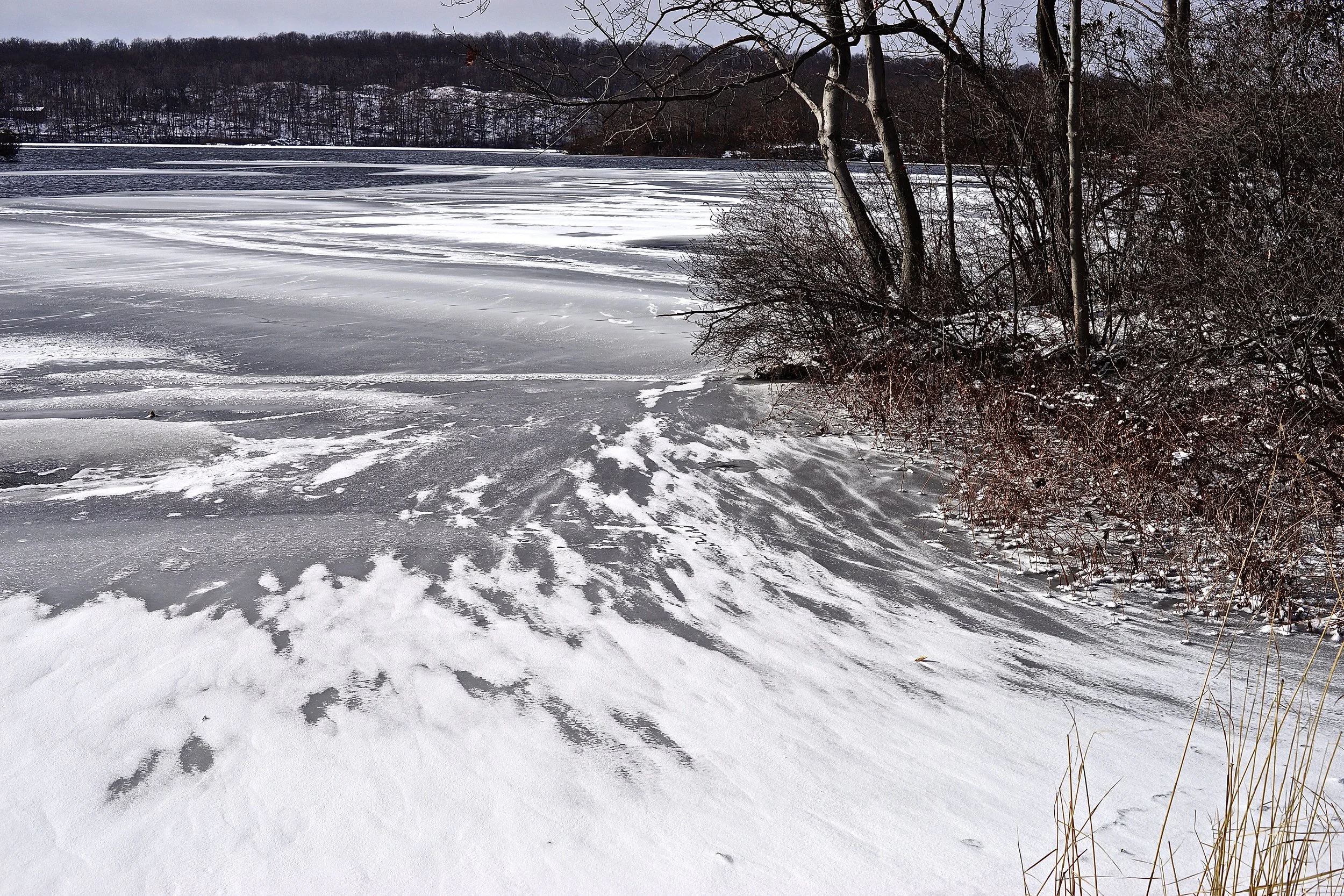
Abandoned -- Kathy Friedrichs
The small clapboard house – /so old it practically had roots,/a swing-set in the back/then a camper in the drive/but always, in spring/a row of pink and white peonies bloomed
By fall the house appears abandoned/a lifeless quiet surrounds the homestead/only the peonies continue their struggle/under the oak tree
Winter further deteriorates the house:/a broken front window/roof sags, siding cracked/yellow caution tape wraps/the crumbling back steps,/weeds overtake the once thriving peonies/a For Sale sign in the front yard
Furtively/at dusk,/I dig up/several roots and stems/a crime/to lose the fleeting beauty /of peonies (Permission of the author.)
-
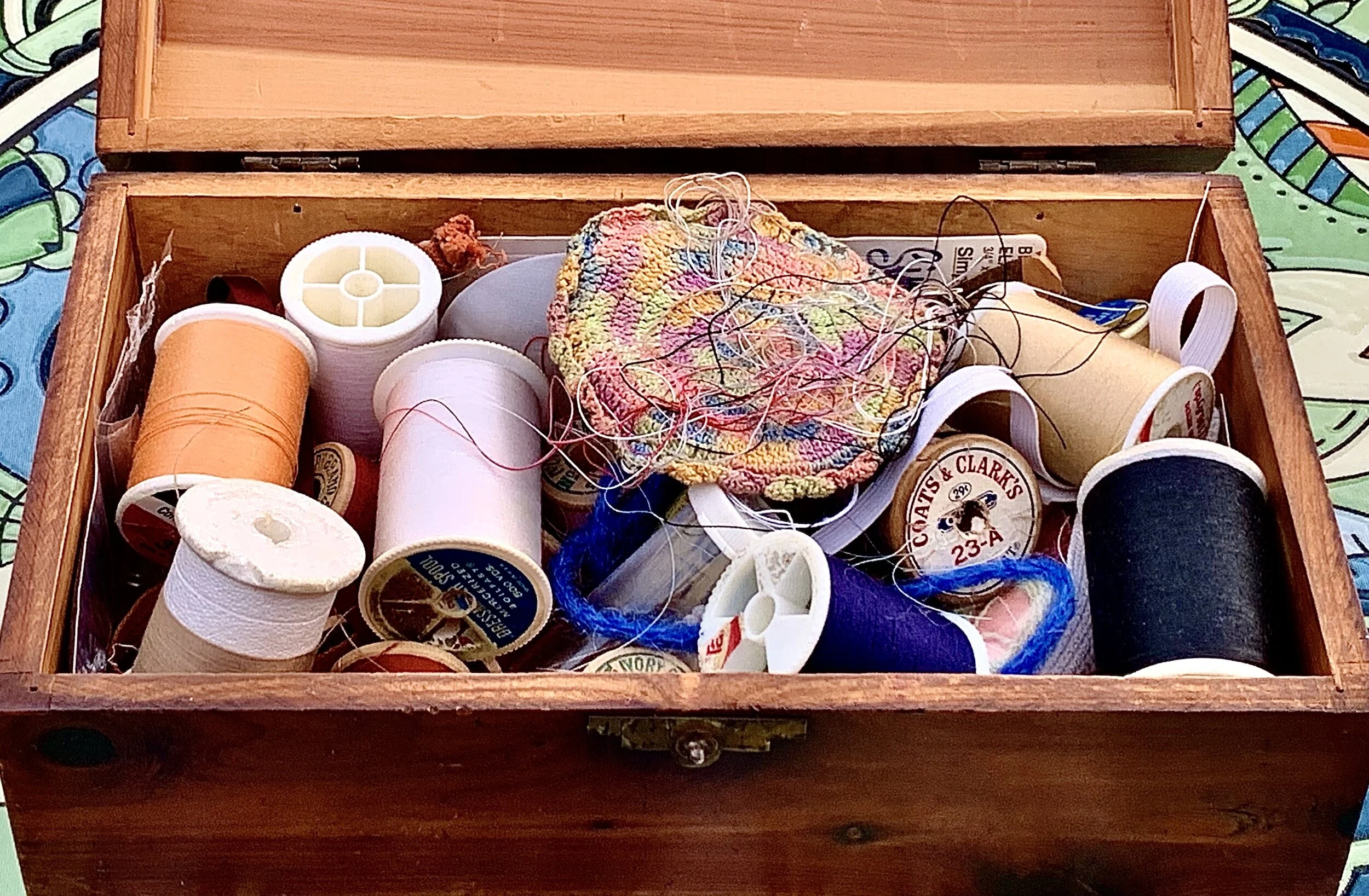
The Sewing Box -- Ann-Marie Nazzaro
Picture an exit/abrupt, swift—/ not as fast as from fire—/but a gather-all-you-can/exit./What you carry/speaks.
Not long after,/I took it down/to tighten, to mend straps/that are too loose now./Loosened over the years./And years are what I traveled in/simple acts:/the carrying,/the taking down,/the holding/a smooth, varnished, substantial –/made-in-a-time-when-things-were-made-well –/wooden sewing box.
I never take it down haphazardly—it was/hers, my Mother’s./A gift to her, I am sure./My paternal grandmother the giver,/I somehow recall.
My head is light, swaying /from the travel through years/so swiftly,/from seeing her so vividly/in time’s instant, this instant:
Her soft face, almond eyes and warm lips—/ generous, shaped for love./and the way she could sew!/Our closest neighbor Mary/(two houses only a slit/of an alleyway apart)/might need a coat hemmed –/in one night –
And my Mother would/say, “yes,”/then finish it, perfectly.
My school uniform./My two brothers’ trousers./For Imelda or Catherine upstairs,/a dress./Always: yes,/always precise,/measured and done.
No money exchanged./This was our neighborhood,/these were neighbor-friends./Husbands here worked/in factories,/furniture stores,/police stations,/drove street sweepers.
No money was exchanged,/just neighbor helping neighbor.
Just my Mother practicing/The essence of the rule to live by—/teaching it too:
Love thy neighbor/My Mother—post-WWII—was immigrant/and, like newer arrivals, not formally schooled/for long. /Just informally sage.
And having a practical art, /learned at an elder’s knee.
Now as we bar their coming,/what arts are we losing?/What will we lose?/What will we carry?
I lift the sewing box /and return it to its perch/on the armoire/where I can watch it/and it,/in turn,/watches me.
(Summer 2021; input on Oct 1, 2021. A-MN - revisited March 2022 and October 2022.)
-
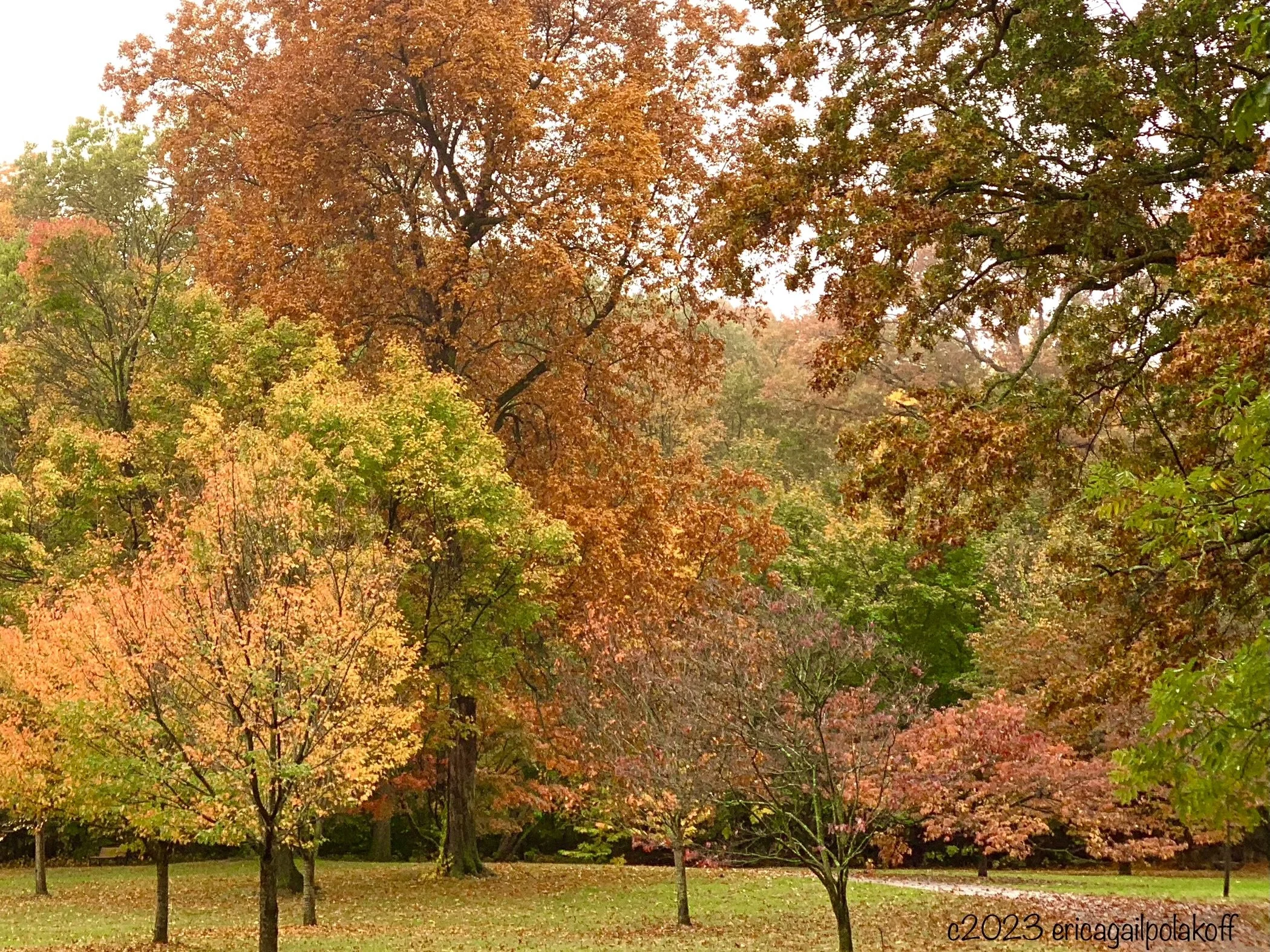
Fallen Leaves (An Indian Grandmother's Parable) -- Mary Cornelia Hartshorne
Many times in my life I have heard the white sages,/Who are learned in the knowledge and lore of past ages,/Speak of my people with pity, say, “Gone is their hour/Of dominion. By the strong wind of progress their power,/Like a rose past its brief time of blooming, lies shattered;/Like the leaves of the oak tree its people are scattered.”/This is the 81st autumn since I can remember./Again fall the leaves, born in April and dead by December;/Riding the whimsied breeze, zigzagging and whirling,?Coming to earth at last and slowly uncurling,/Withered and sapless and brown, into discarded fragments/Of what was once life: dry, chattering parchments/That crackle and rustle like old women’s laughter/When the merciless wind with swift feet coming after/Will drive them before him with unsparing lashes/’Til they are crumbled and crushed into forgotten ashes;/ Crumbled and crushed, and piled deep in the gulches and hollows,/Soft bed for the yet softer snow that in winter fast follows/But when in the spring the light falling/Patter of raindrops persuading, insistently calling,/Wakens to life again forces that long months have slumbered,/There will come whispering movement, and green things/ unnumbered/Will pierce through the mould with their yellow-green, sun-/searching fingers,/Fingers—or spear-tips,/grown tall, will bud at another year’s breaking,/One day when the brooks, manumitted by sunshine, are making/ Music like gold in the spring of some far generation./And up from the long-withered leaves, from the musty stagnation,/Life will climb high to the furthermost leaflets./The bursting of catkins asunder with greed for the sunlight; the thirsting/Of twisted brown roots for earth-water; the gradual unfolding/Of brilliance and strength in the future, earth’s bosom is holding/Today in the scurrying leaves, soon to be crumpled and broken./Let those who have ears hear my word and be still. I have spoken.
-
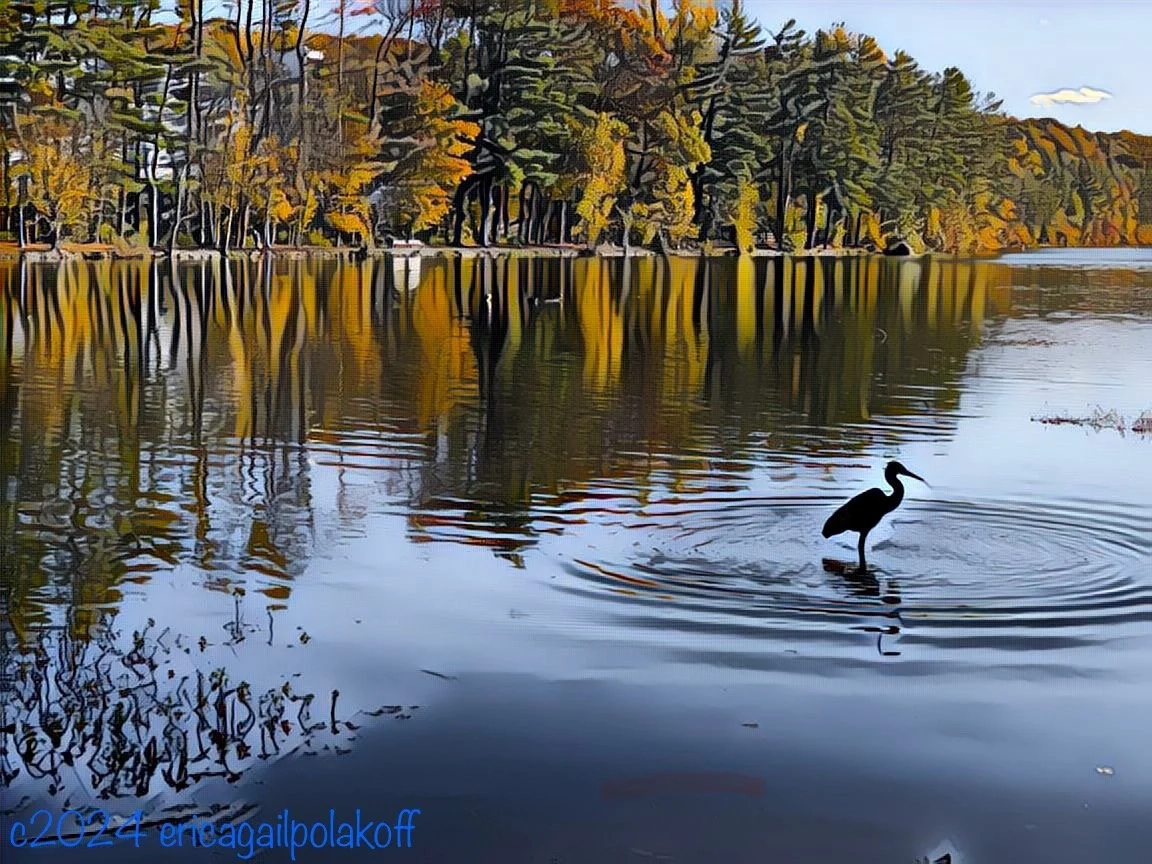
The Poet -- Mary Cornelia Hartshorne
Sunlight was something more than that to him./It was a halo when it formed a rim/Around some far-off mountain peak. He called/It thin-beat leaf of gold, and stood enthralled/When it lay still on some half-sheltered spot/In gilt mosaics where the trees forgot/To hide the grasses carpeting the spot.
The sky to him was not just the blue sky, But a deep, painted bowl with clouds piled high;/And when these clouds were tinted burning red,/Or gold and bacchiwc purple, then he said:/”The too full goblets of the gods have over-run,/Nor give credit to the disappearing sun/Who flames before he leaves the world in dun.”
Between his eyes and life fate seemed to hold/A magic tissue of transparent gold, That freed his vision from the dull, drab, hopeless part,/And kept alive a fresh, unsaddened heart./And all unselfishly he tried to share/His gift with us who see the harsh and bare;/But we refused. We did not know or care.
-
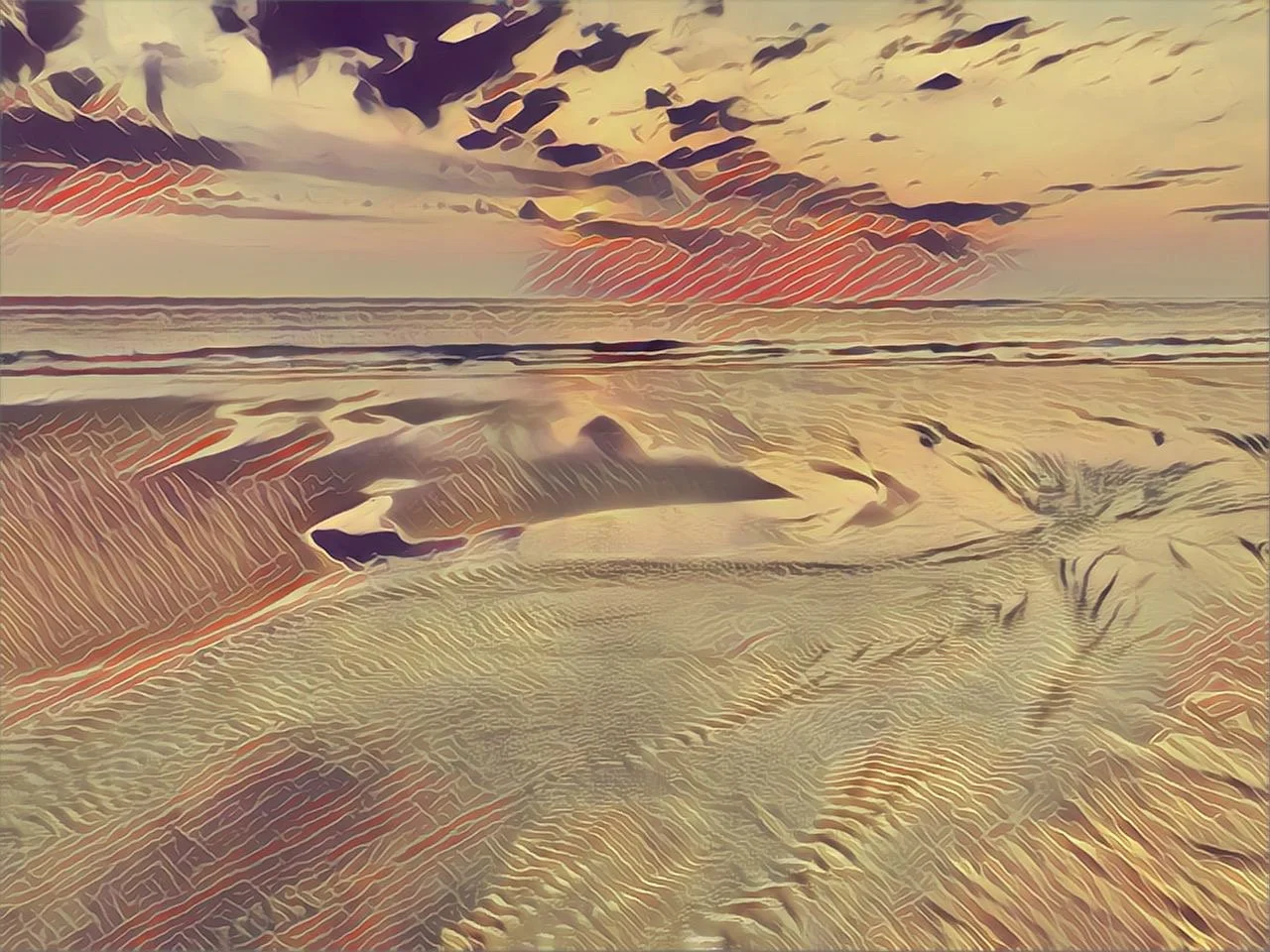
Hatred Has a Face -- Chavez Washington
Hatred has a face,/And it’s any face that hide behind the lies/Of oppression and neglect,/Which forces a person to disrespect/the next person because their/Opinions and views are opposed/To what they’re use to hearing and seeing,/And their take on the world creates/A swag that’s endearing but fearing by those/Who fear their growth.
Hatred has a face,/And it’s ignorant to know,/That hatred has no color, but we/Allow it to grow,/And poison the minds of billions/Of people on this planet.
While we take for granted the love that surface/Below, never knowing,/That our hatred for one another/Is nothing but our narcissistic ego’s.
Hatred has a face,/And this emotion knows no borders,/And or boundaries./Therefore, if we are to rise above hatred,/We have to each look within ourselves/To see that hatred’s origin begin with/Self-hatred for oneself.
So to look at someone other than yourself/And proclaim you hate them,/Is nothing but a mirrored reflection of/The lack of love we have for ourselves.
Learn to Love, the world could use it!”
-
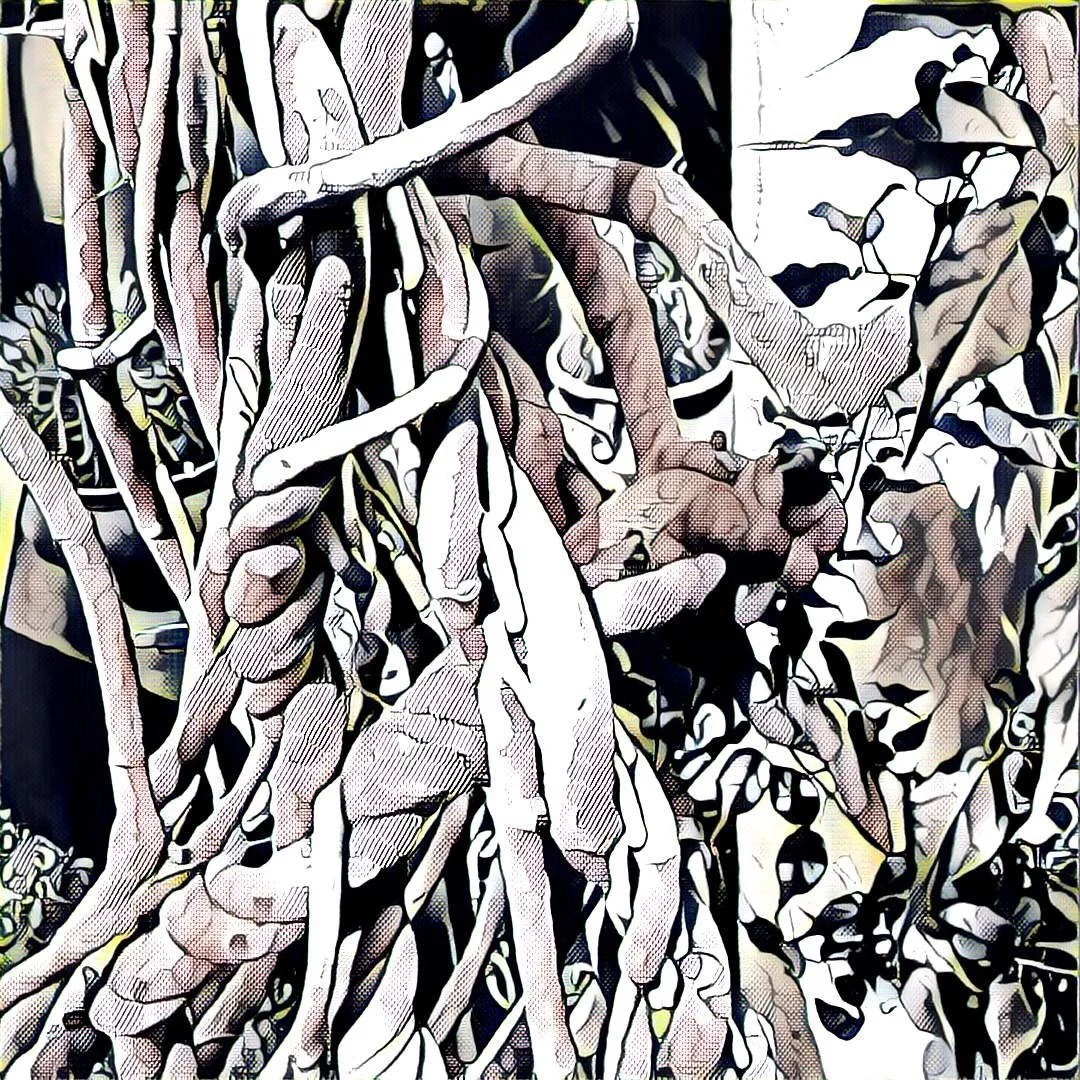
How Many Blacks Must Die -- Chavez Washington
How many blacks must die, before we awake/To the aroma of an A K/While watching the woman who gave us life,/Hearts ache?
Patiently we sat at the foot of the table/Watching as they ate/From the tree of forbidden fruit,/From their breakfast, lunch/and dinner plates.
Throwing us as we silently waited,/Like little god spelled backwards,/Leftover crumbs of murder, theft, and hatred.
Fortified with four-hundred milligrams of Vitamin E,/And/or shall I say the E that’s in front of evil/That complete the word slavery./As they intentionally willie lynch our minds,/So that we will forever perpetuate/The cycle of violence and hatred.
How can a creative imagination produce children/When the stage whereon it function is already preoccupied/By prejudice, hatred, fear, resentment, revenge, and bigotries.
So, how many blacks must die before we awake/To the aroma of an A K/While watching the woman who gave us life, hearts ache?
They never had a chance! They never had a chance!/Born into these poverty stricken neighborhoods,/Masked by the thick aroma of dried piss/Mixed with the unpleasant smell of gun-powder/And old empty forty-ounce bottles, a child is born
Grafted by urban decay, incarcerated fathers,/And crooked politicians/Who model themselves after Coleman A.,/While the young suffer because day schools continue to close./Opening doors to moneymaking prisons throughout the nation,/Slowly clinching the glove, strengthening the fist./Supplementing it with iron, poor folks, concrete and barbwire.
So, how many blacks must die before we awake/To the aroma of an A K/While watching the woman who gave us life, hearts ache?
Back in the eighties, babies were having babies./Twenty years forward, babies killing babies./Now these high-tech video games/Subliminally feeding our children mixed messages./Programming their minds like Neo in the Matrix,/Turning them into Manchurian Candidates./Are you awake,/Can’t you see the blood trail that started in Afghanistan/Crossed into Pakistan?/It makes no difference if you’re/White, Christian, Moslem, Asian, and or Black-man.
The trail lead to this nation./A divided states of America, money making incorporation./One rich, the other poor./Now our greed for materialistic nothings/Have us fiendishly craving for more.
So, how many blacks must die before we awake/To the aroma of an A K/While watching the woman who gave us life, hearts ache?
How can a child look inspirationally towards a father in heaven/And know and believe he is loved by God,/When his biological father who suppose to be a prototype of the/Heavenly father, refuse to bond, and or bother?
How can a mother’s daughter grow to love her mother/When her mother’s addiction prevent her from loving her,/So now her mother receives the cold shoulder?
Trapped in this rat race of society,/We as children grow older idolizing and imitating/The mess we see throughout society and on T.V.,/Identifying with what helped to distort our thinking,/Creating a reality for ourselves of uncertainty and hopelessness,/While trying to cope with the scares we carelessly/Try to hide from ourselves and the world./Fighting and trying to hold back/The tears of oppression, neglect, abuse, and abandonment,/Only for it to be rediscovered/In a different place, at a different time.
So, how many blacks must die before we awake/To the aroma of an A K/While watching the woman who gave us life, hearts ache?
Web design and administration by ericagailpolakoff. Unless otherwise noted, all images are original photographs ©2022 by ericagailpolakoff.
For polakoff’s photo website see: ericagailpolakoffphoto.net
